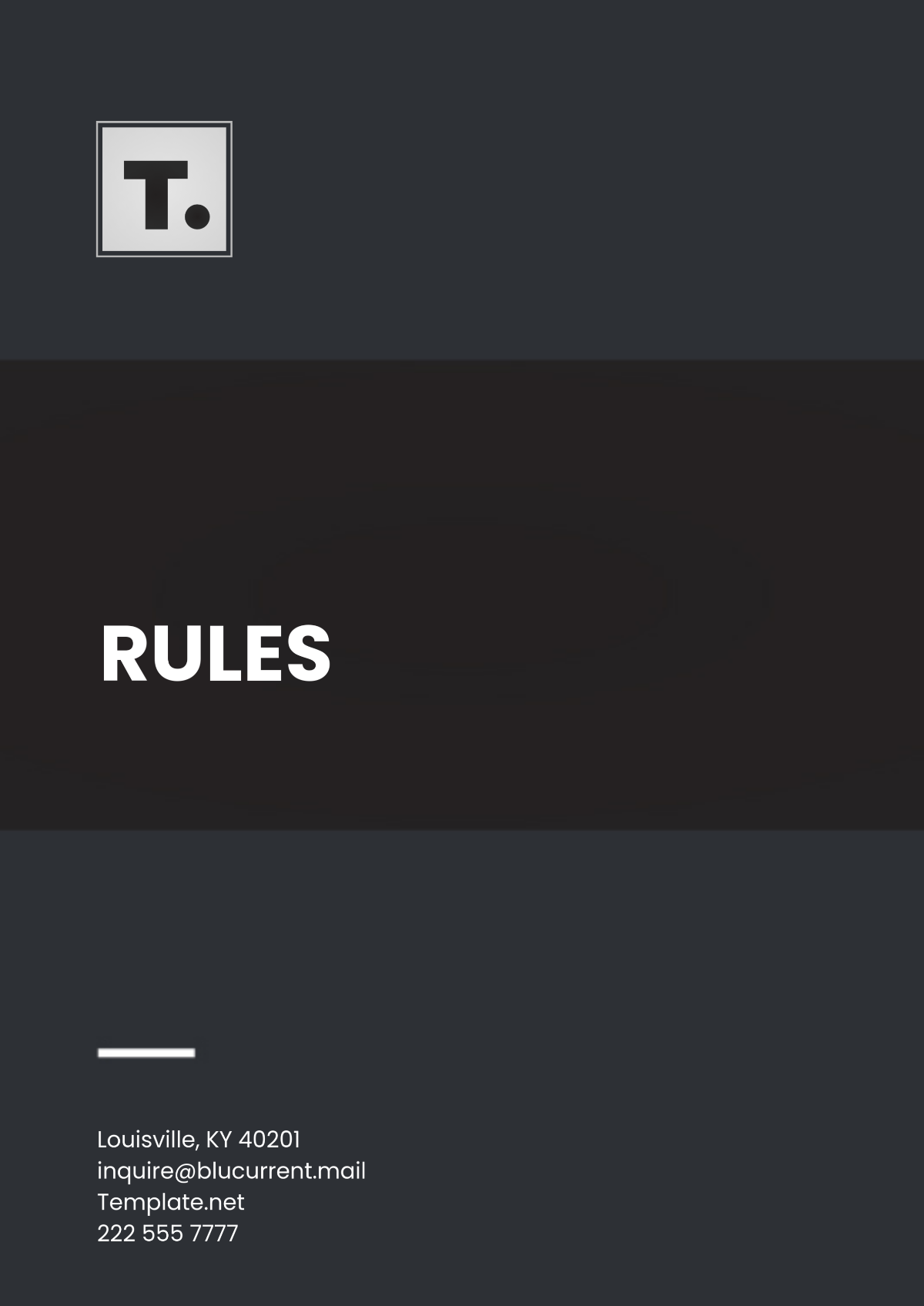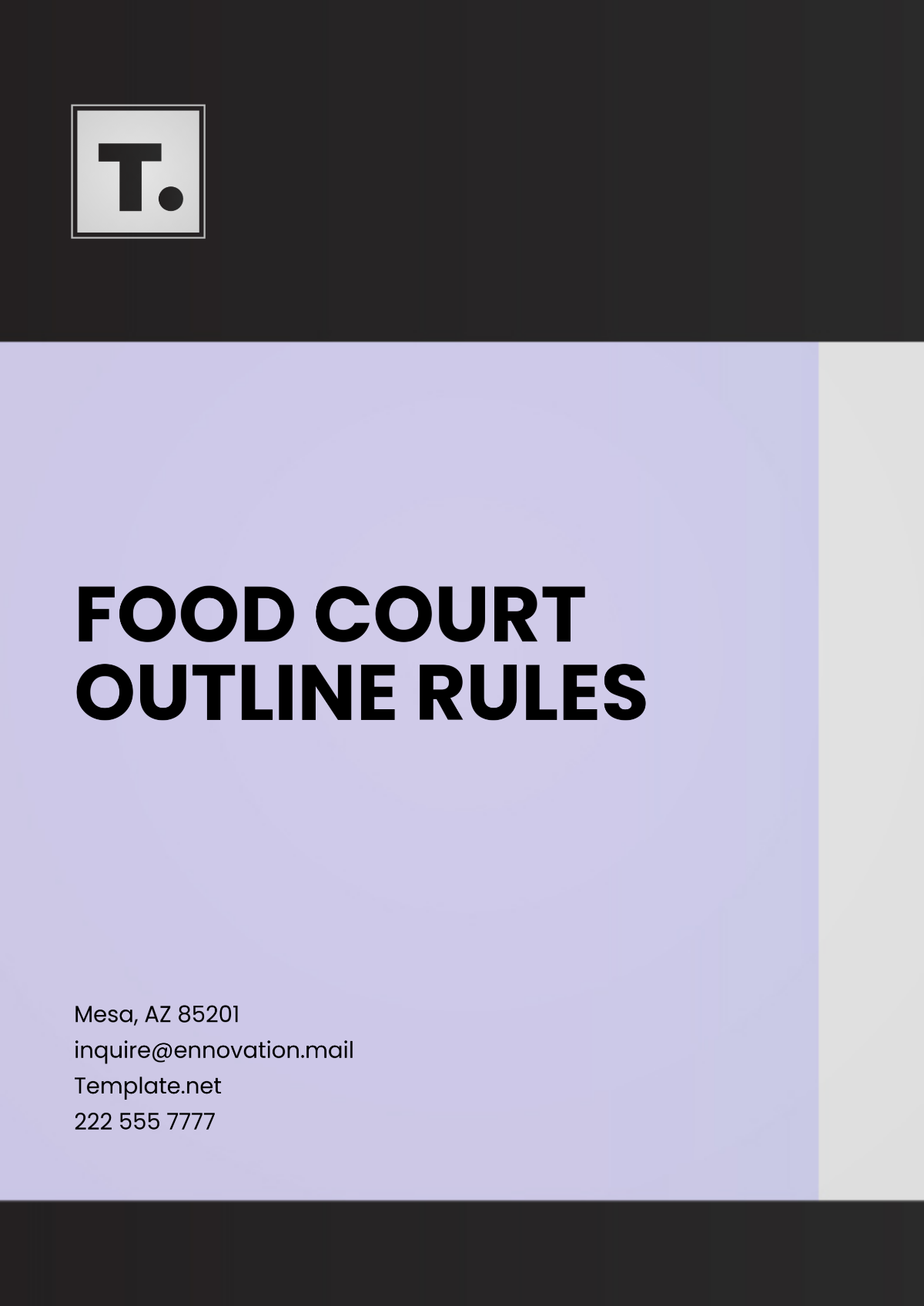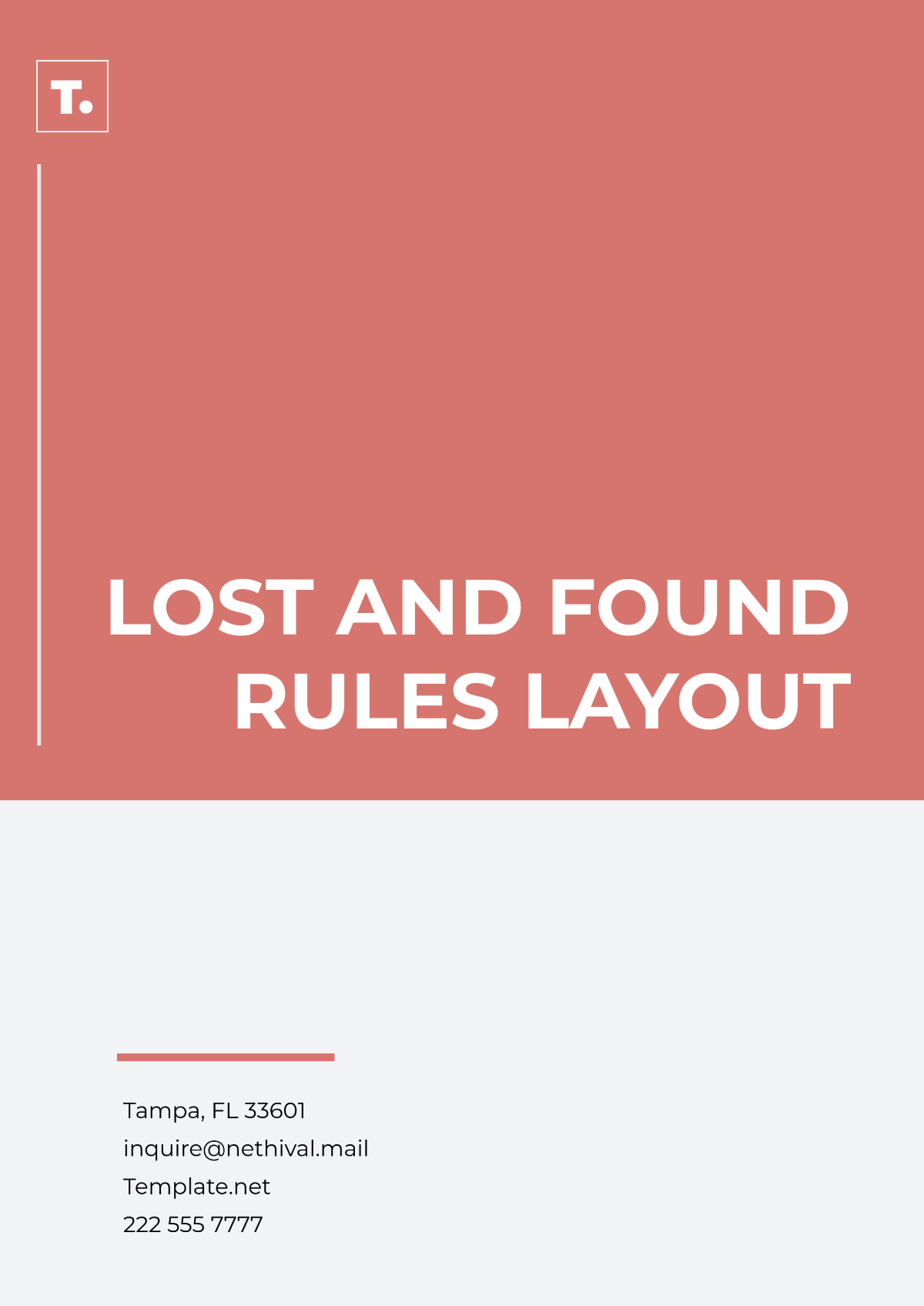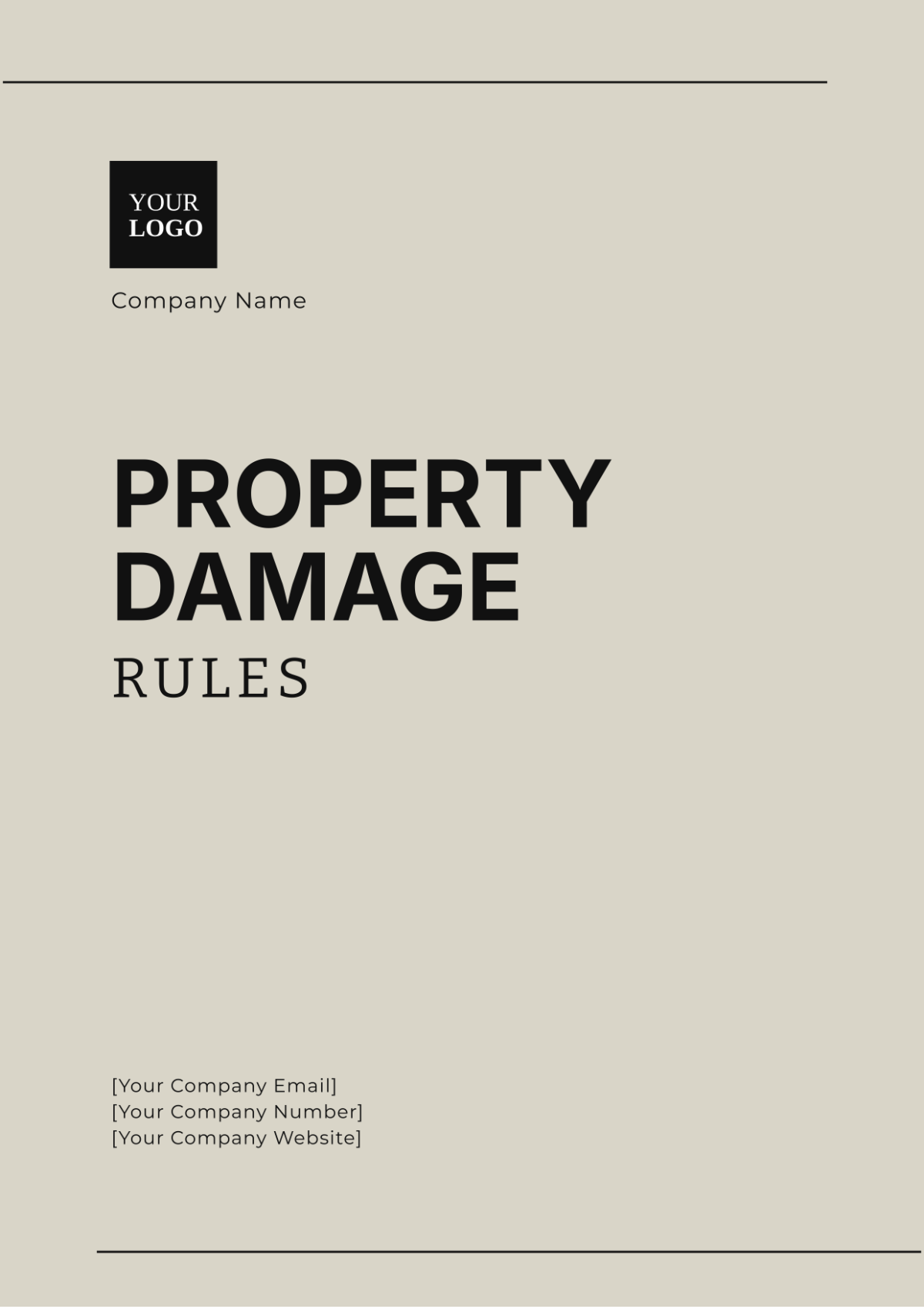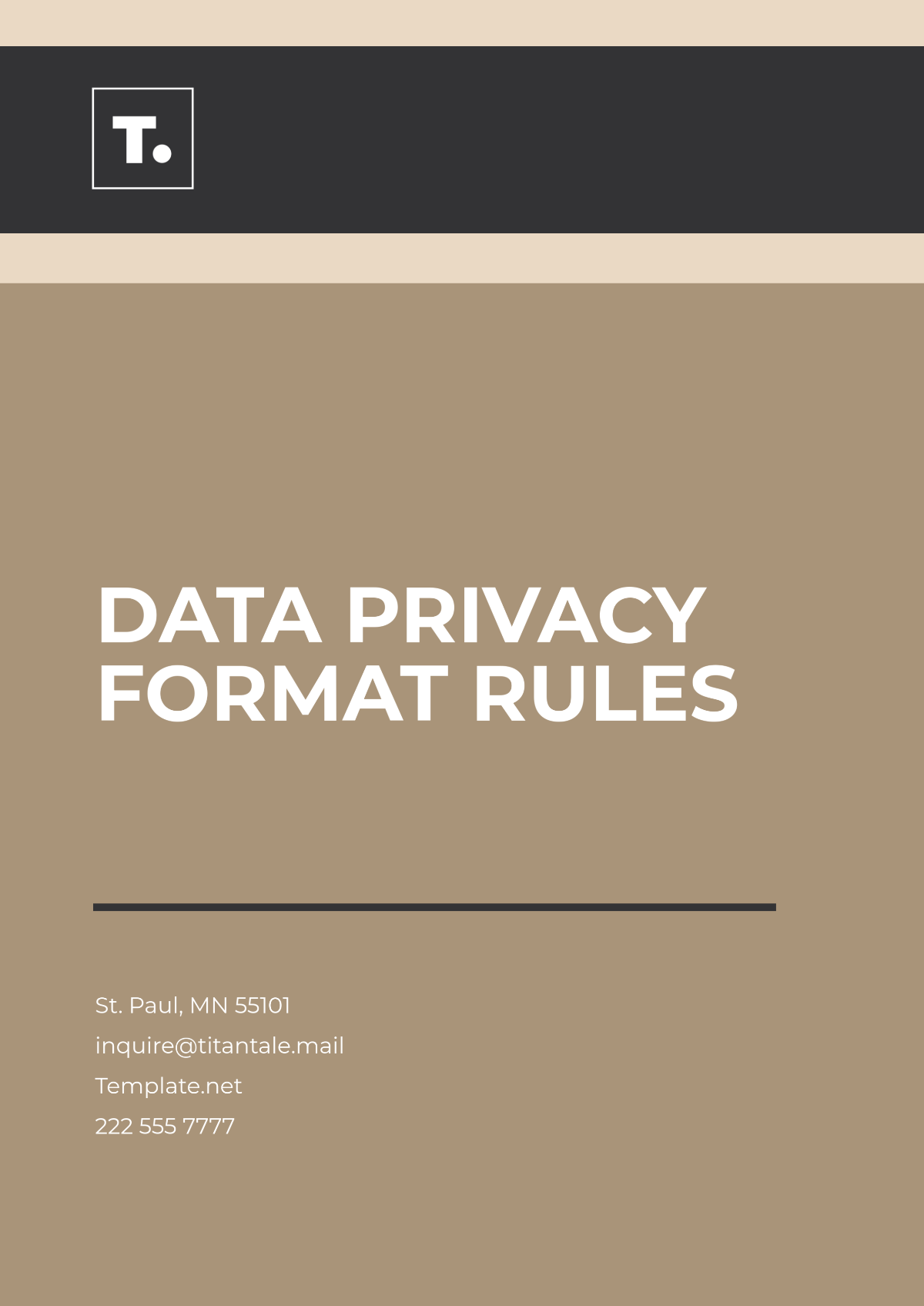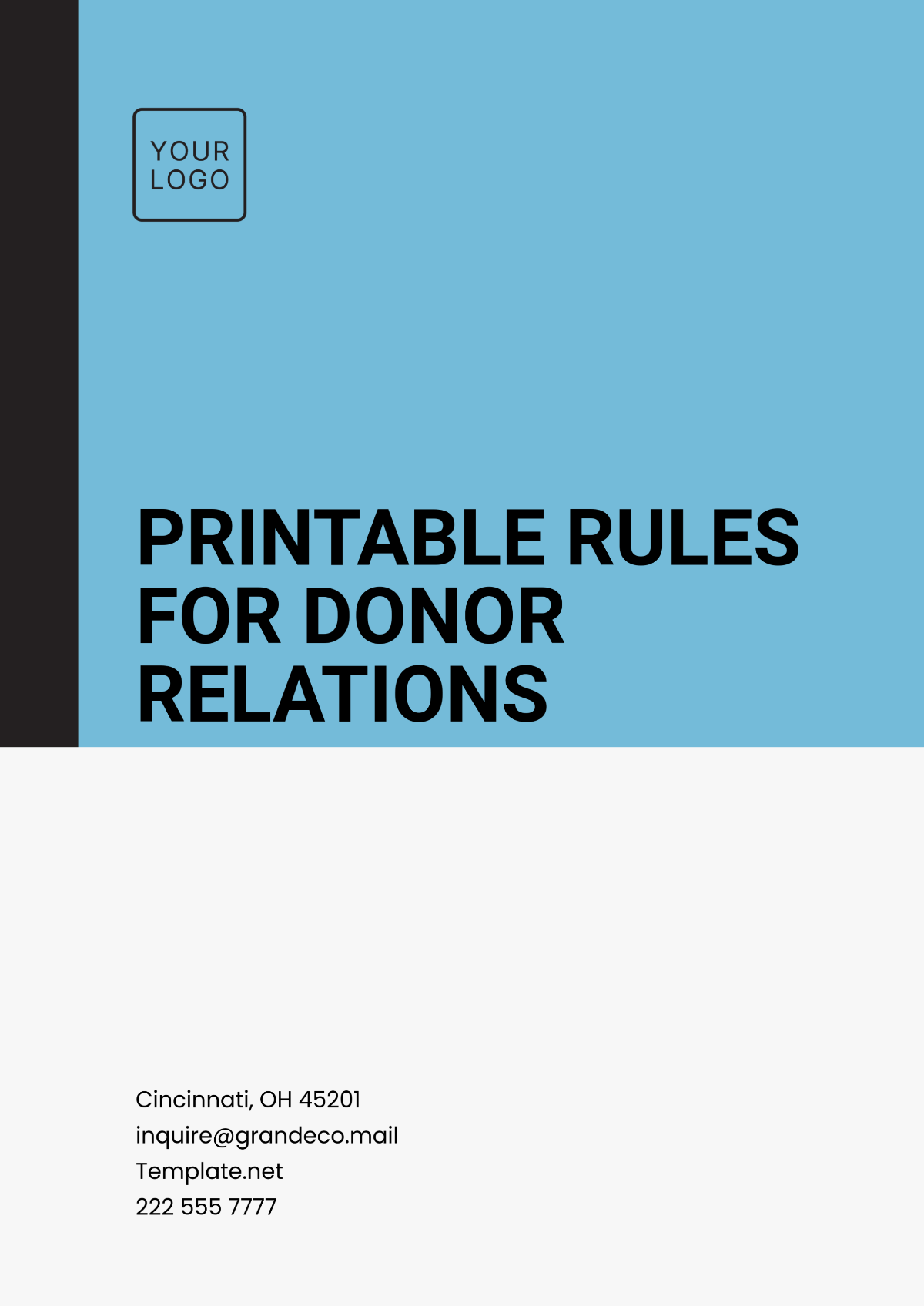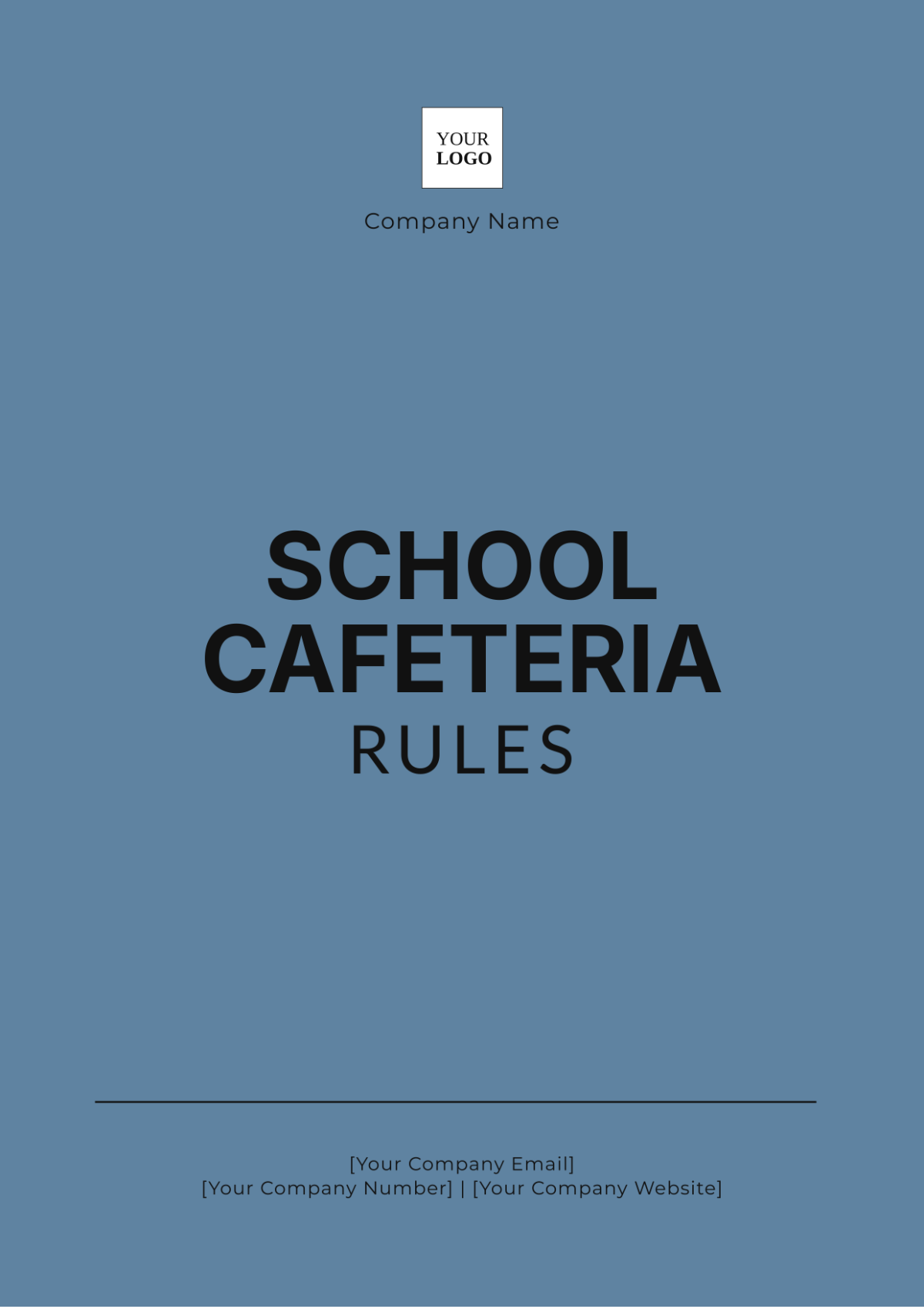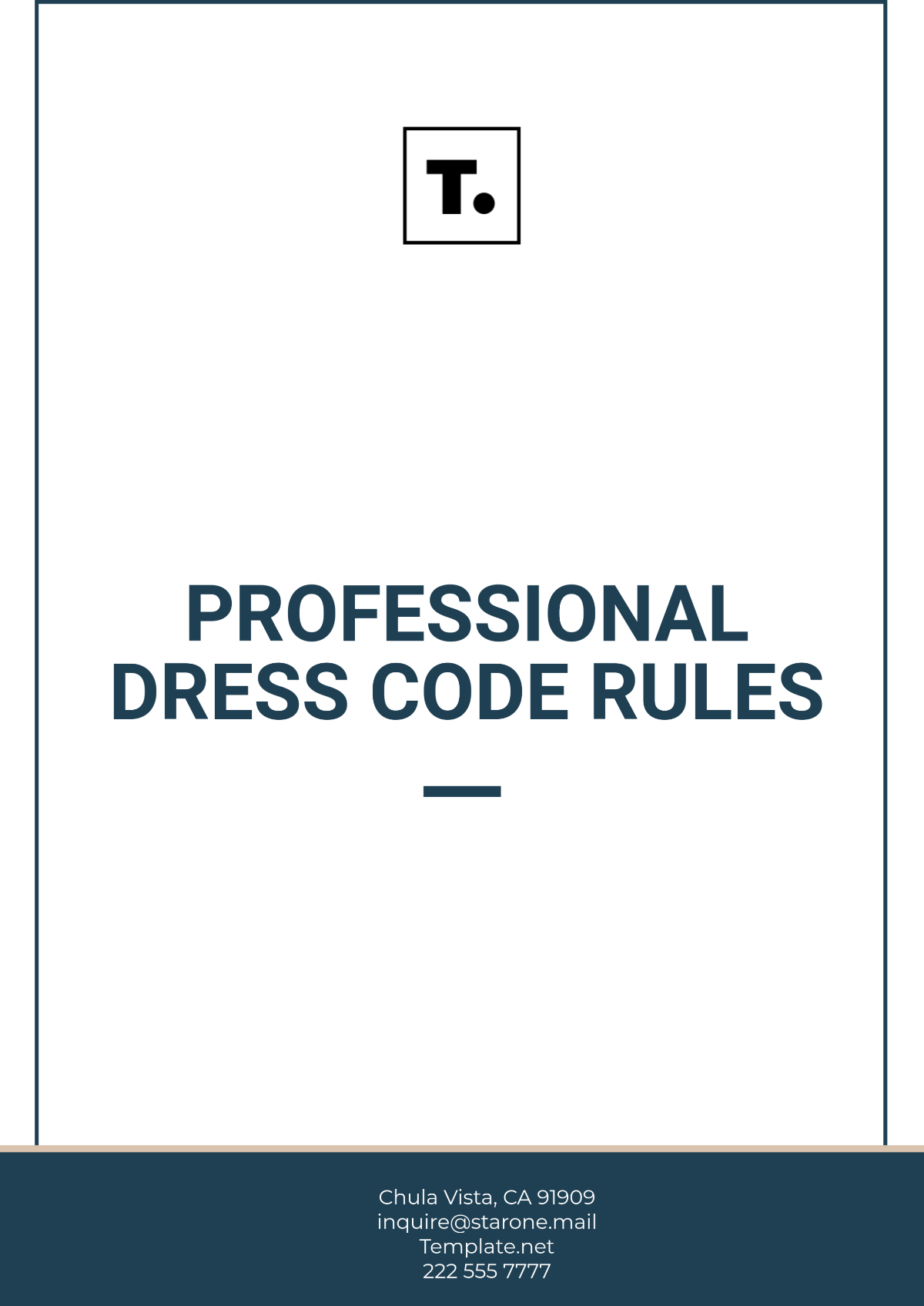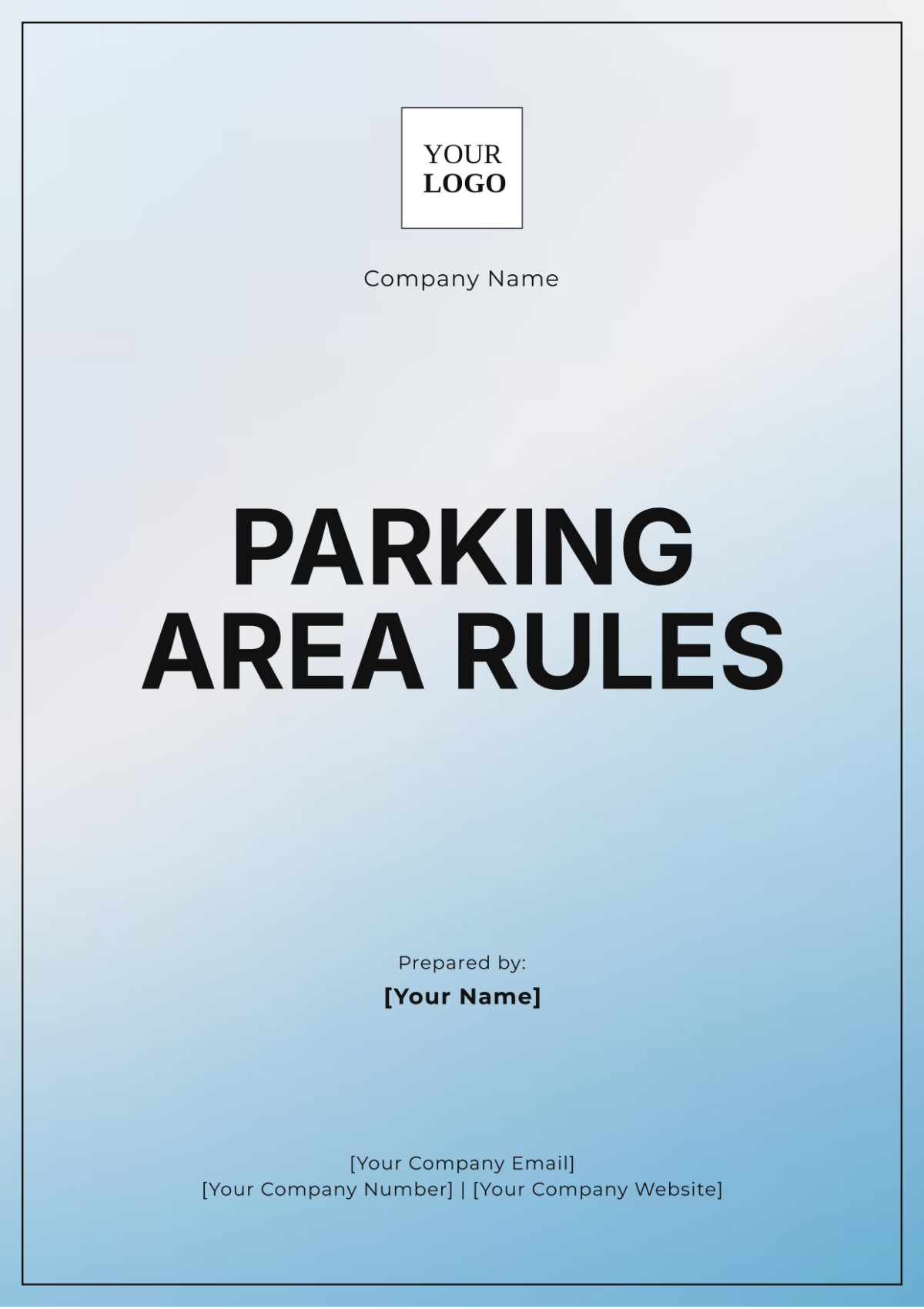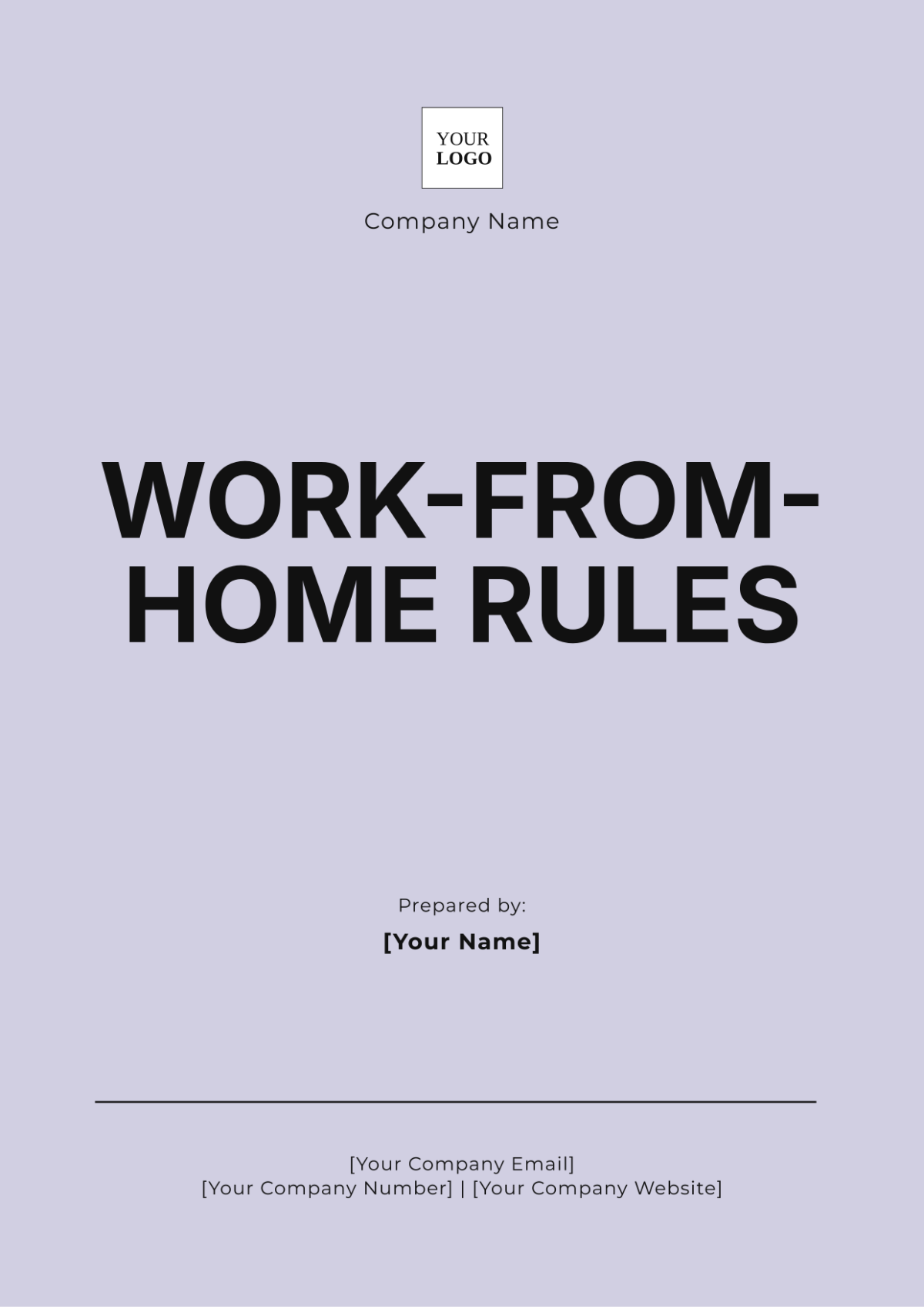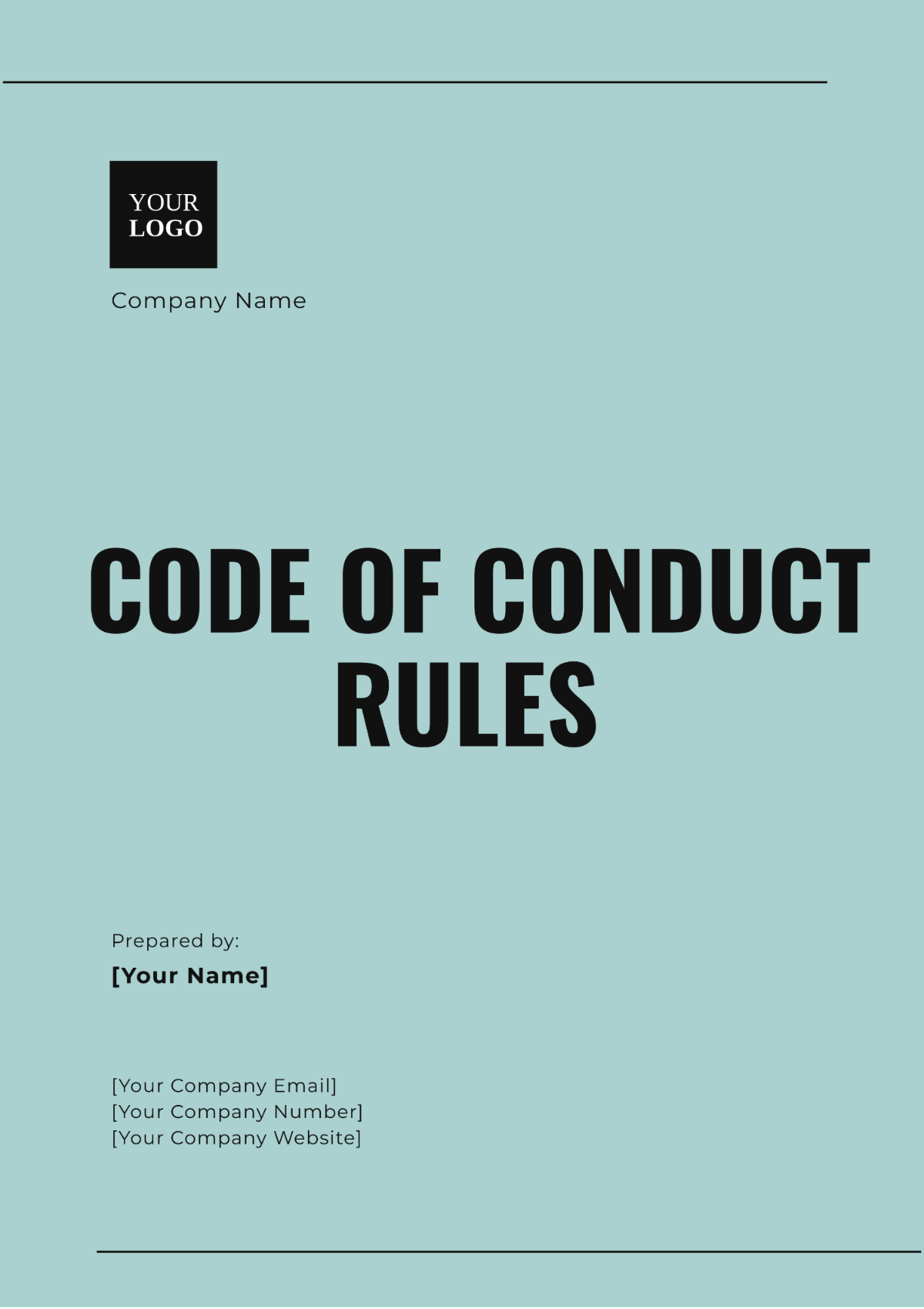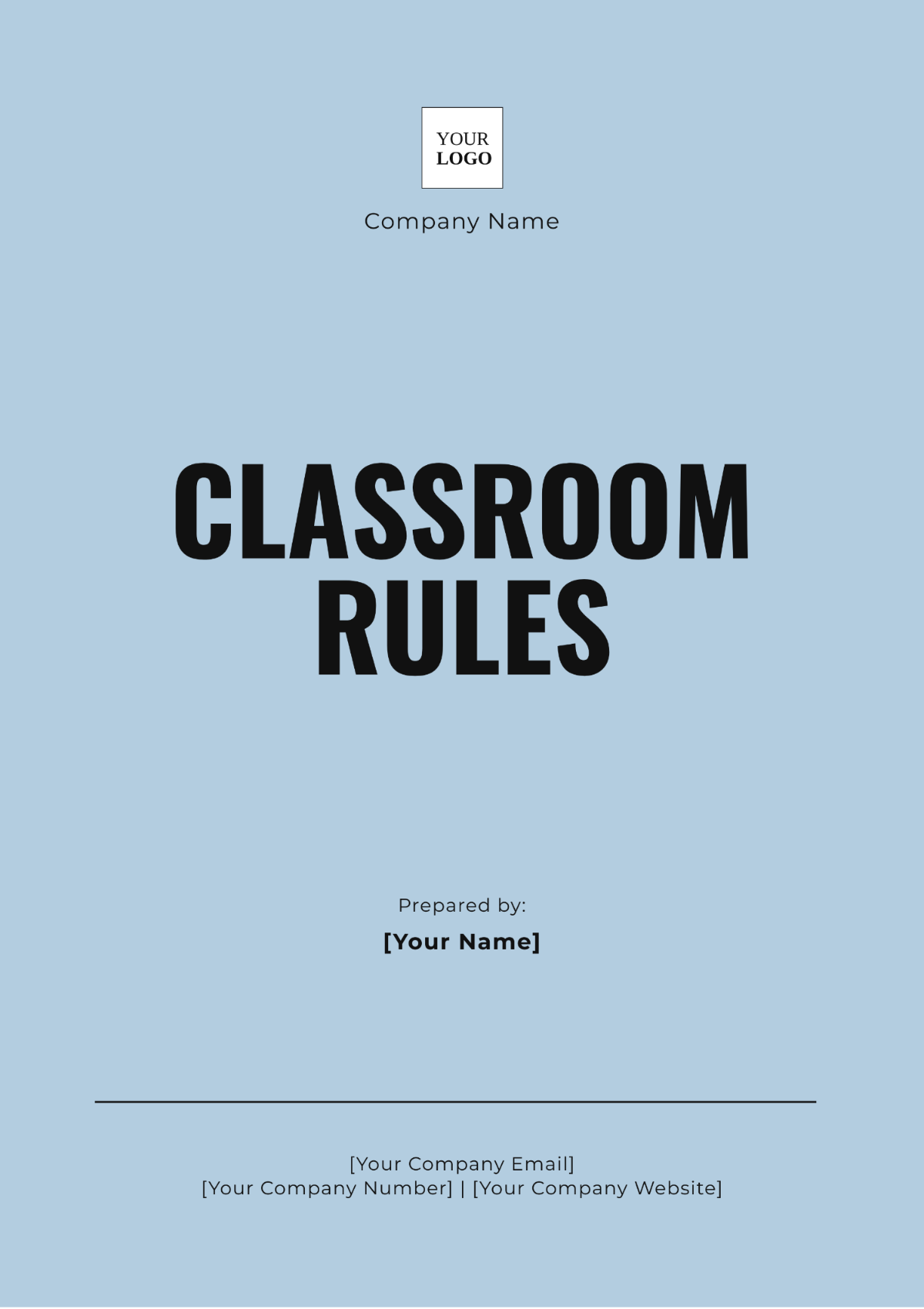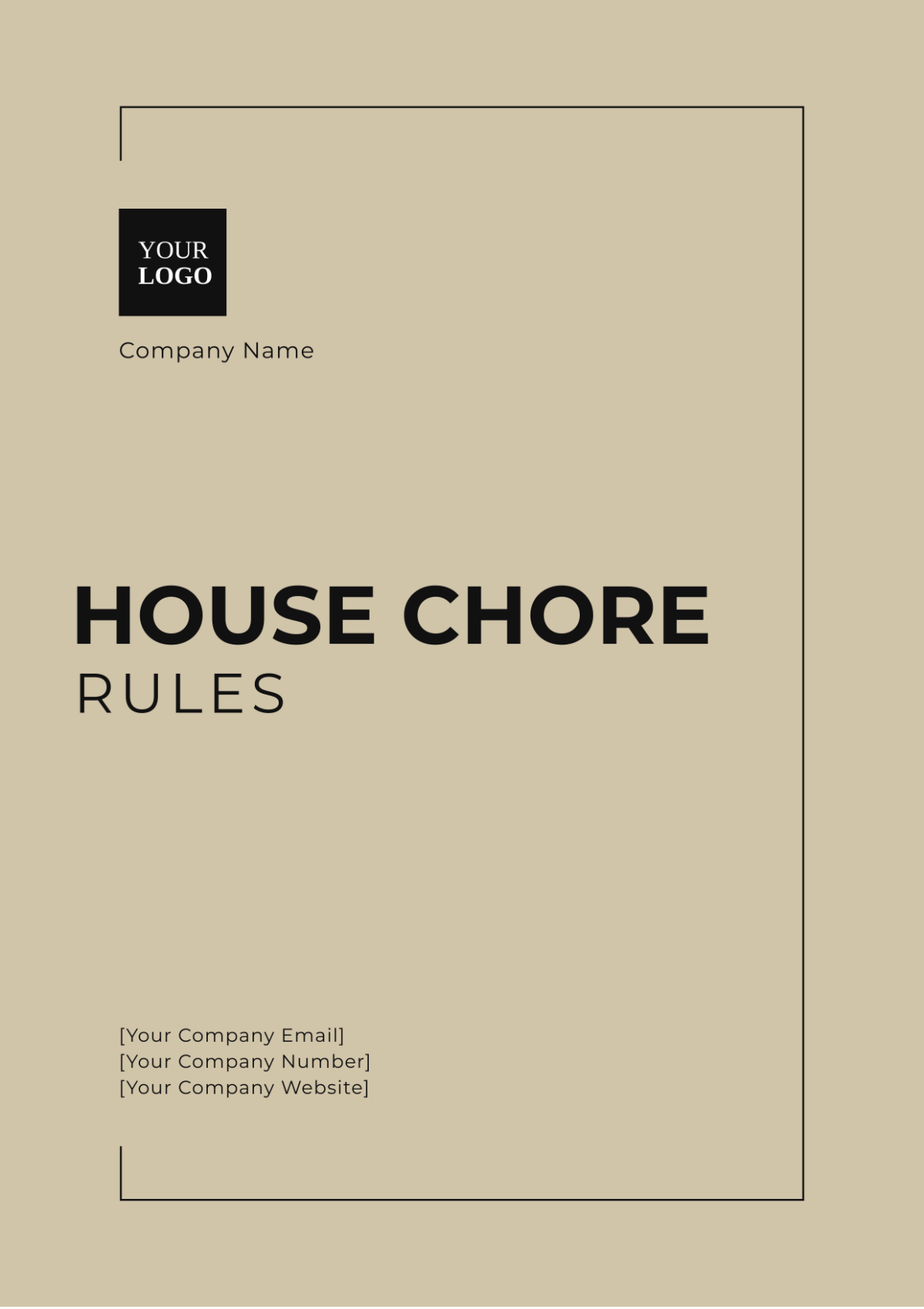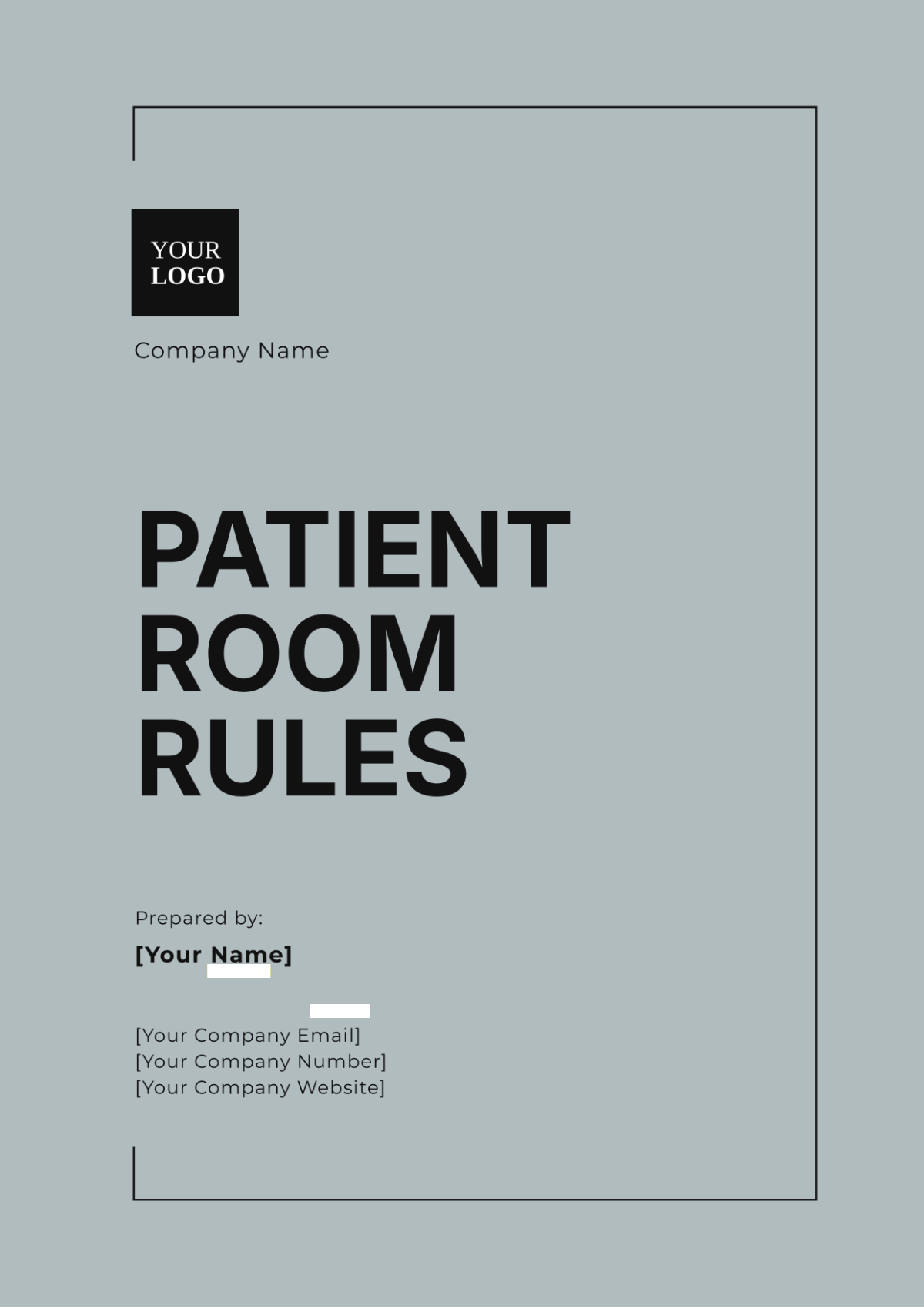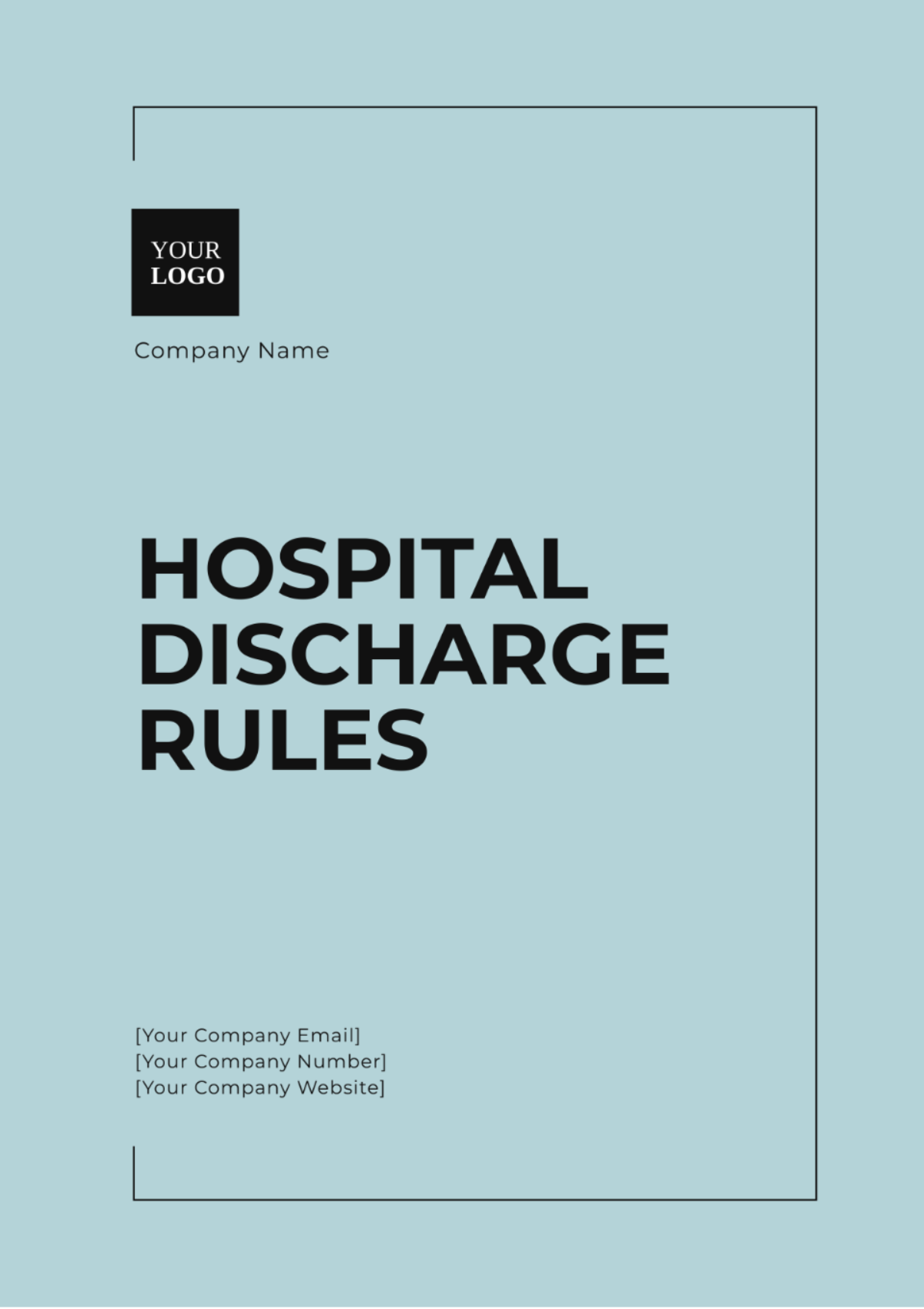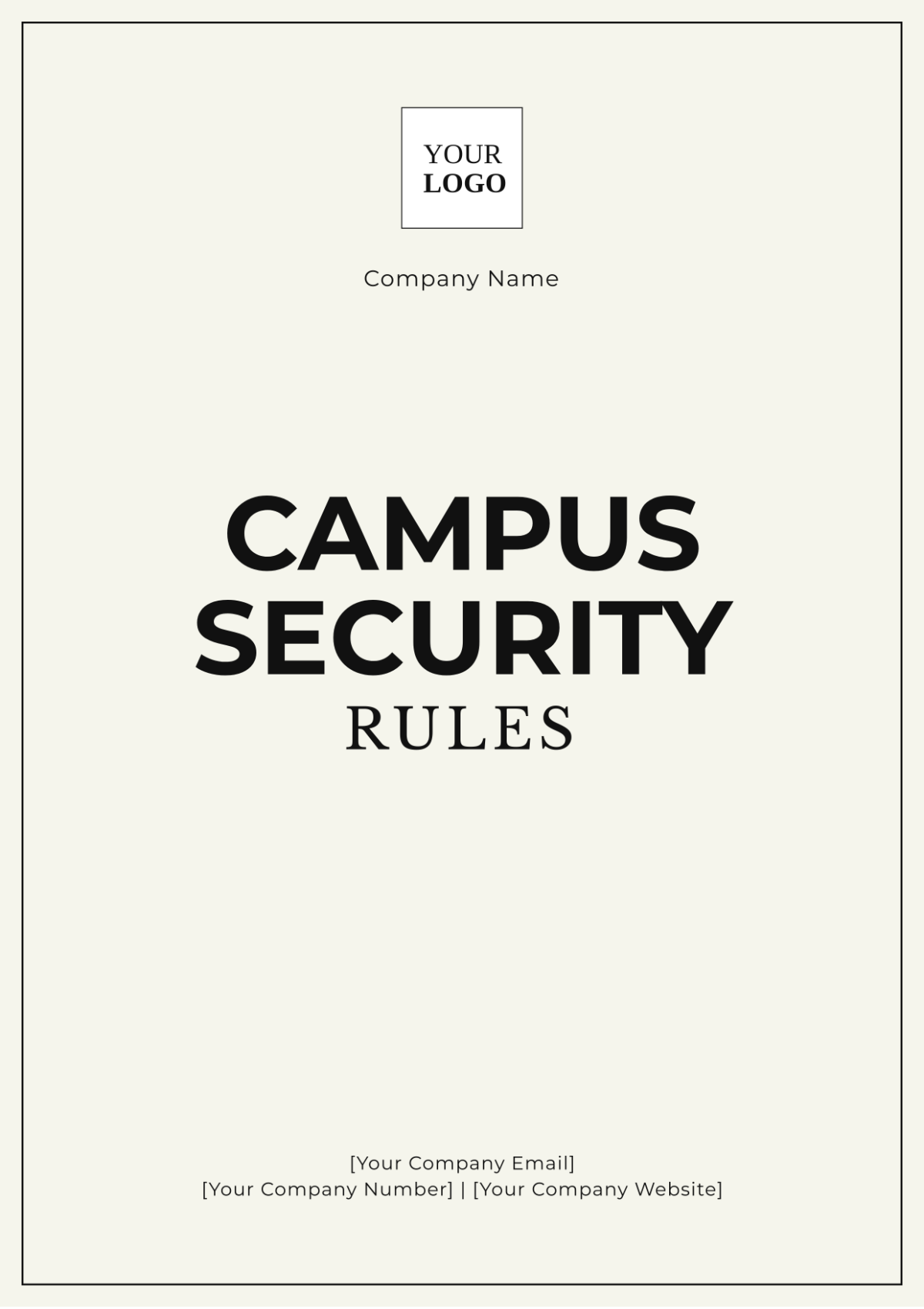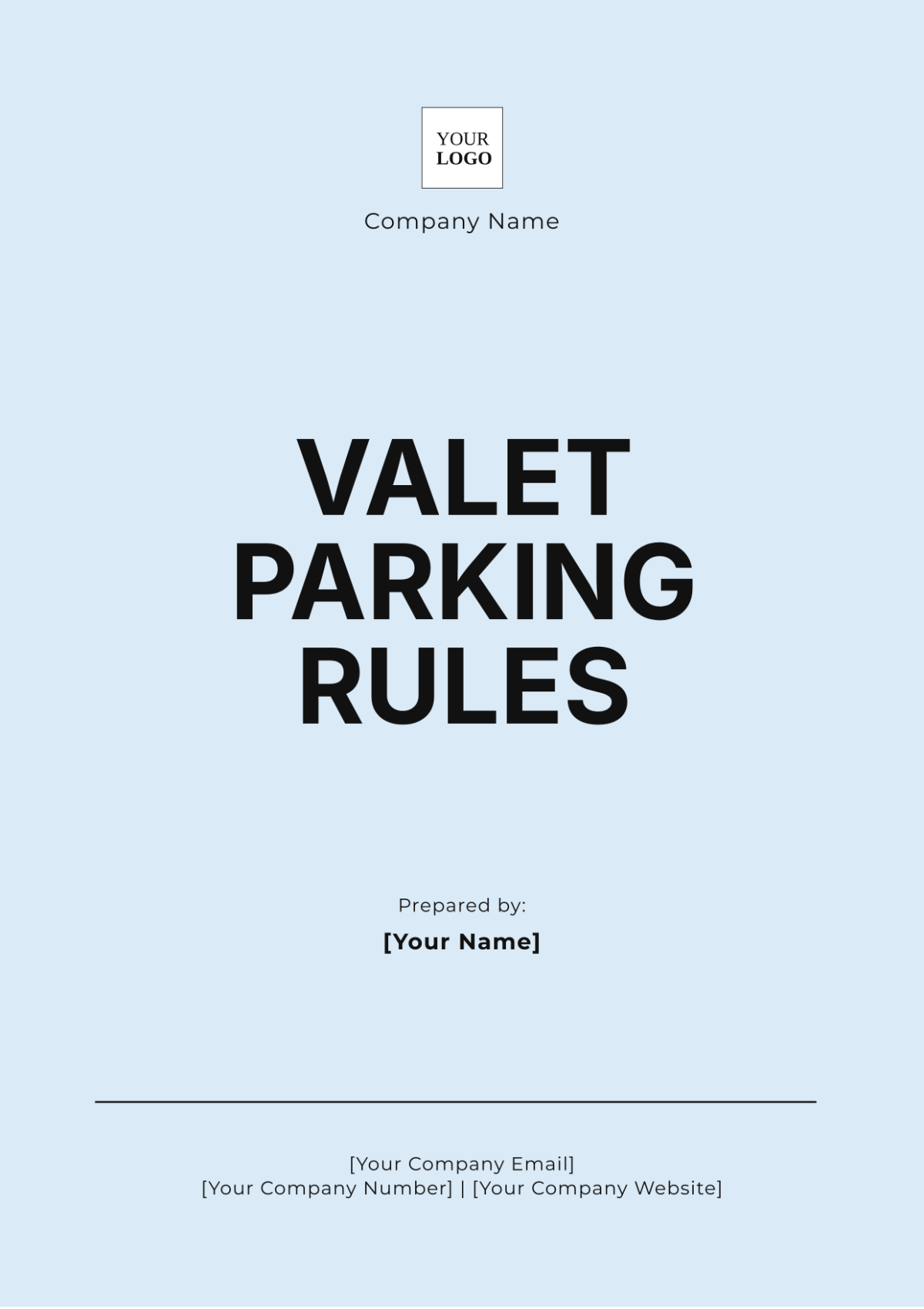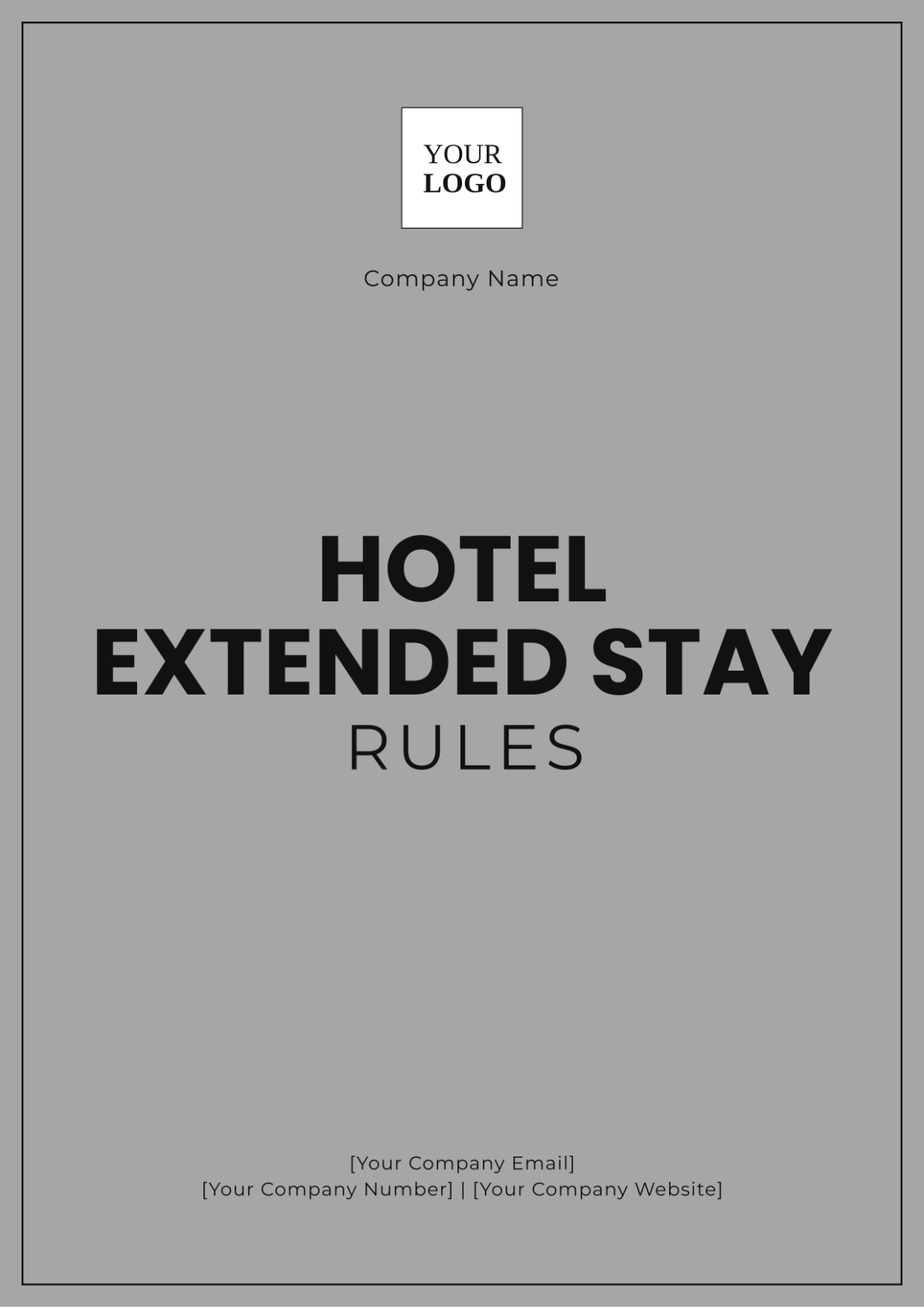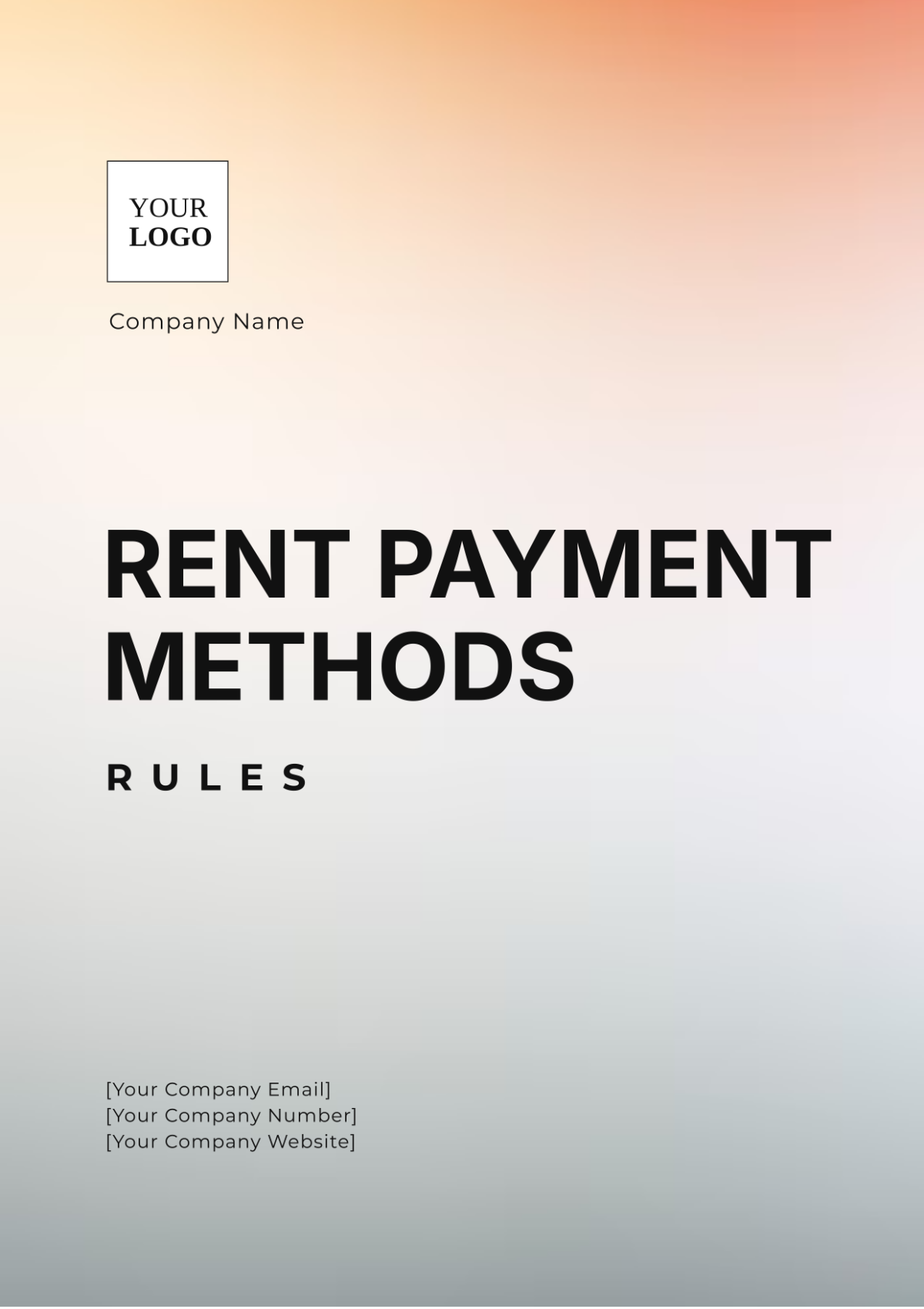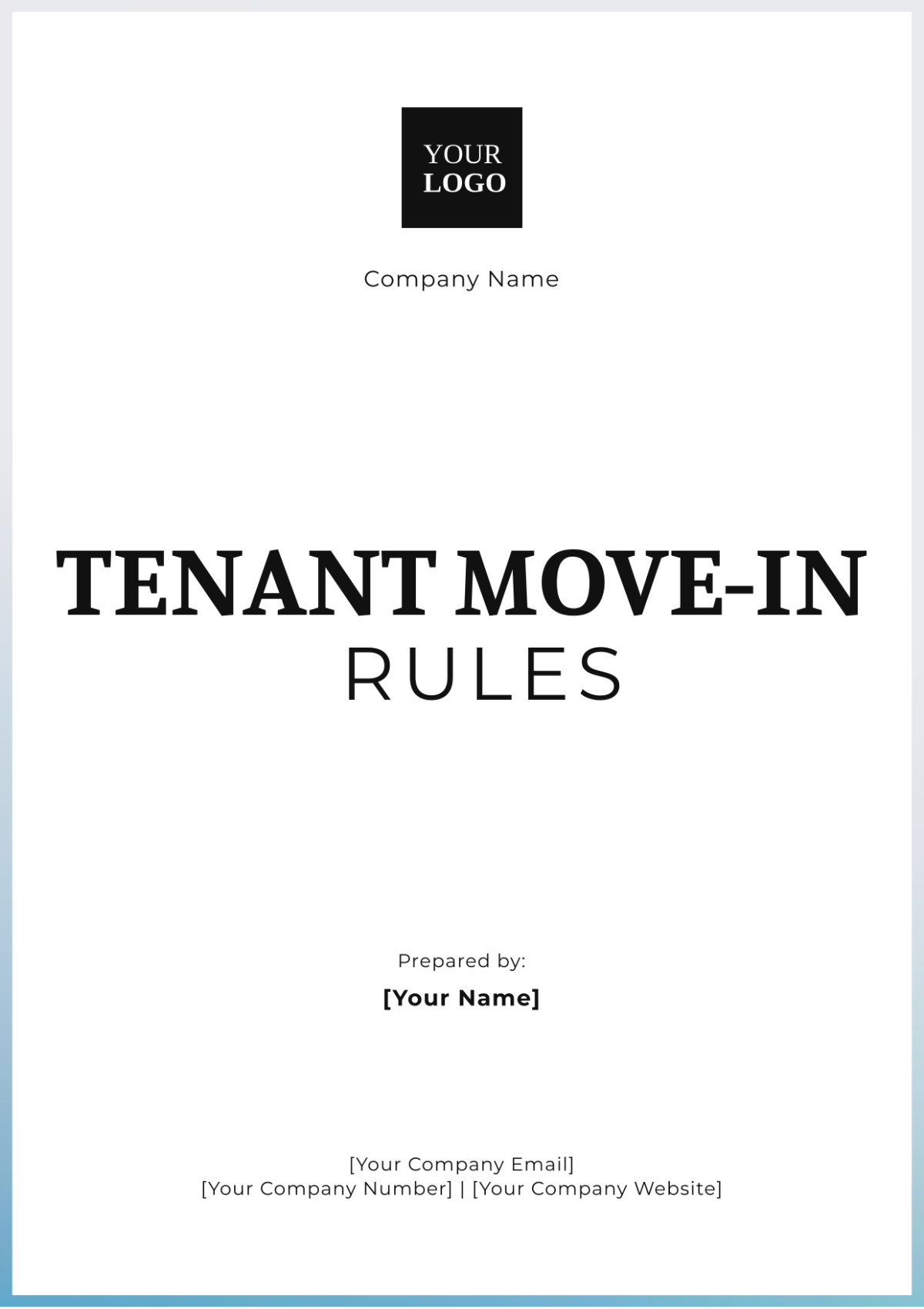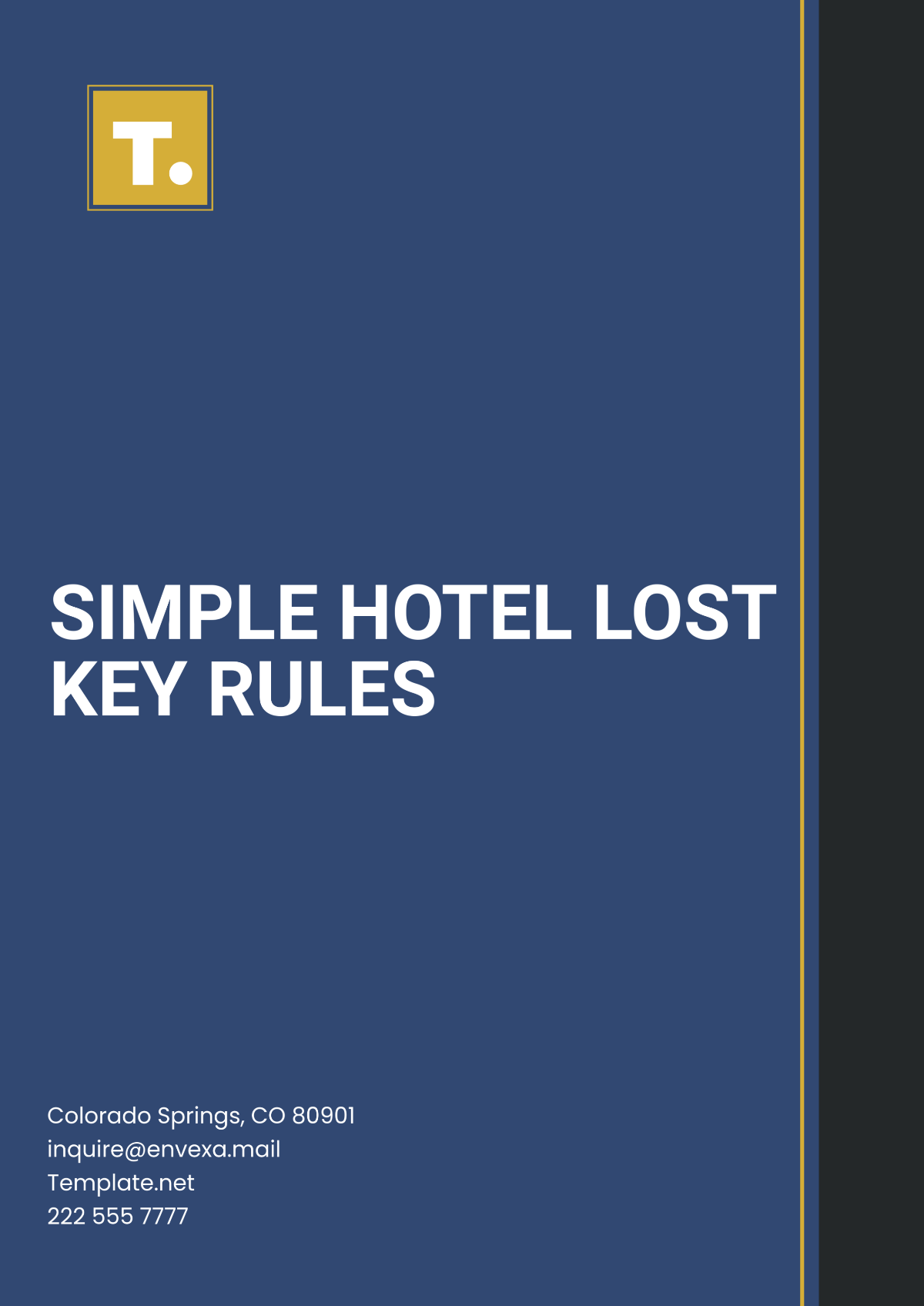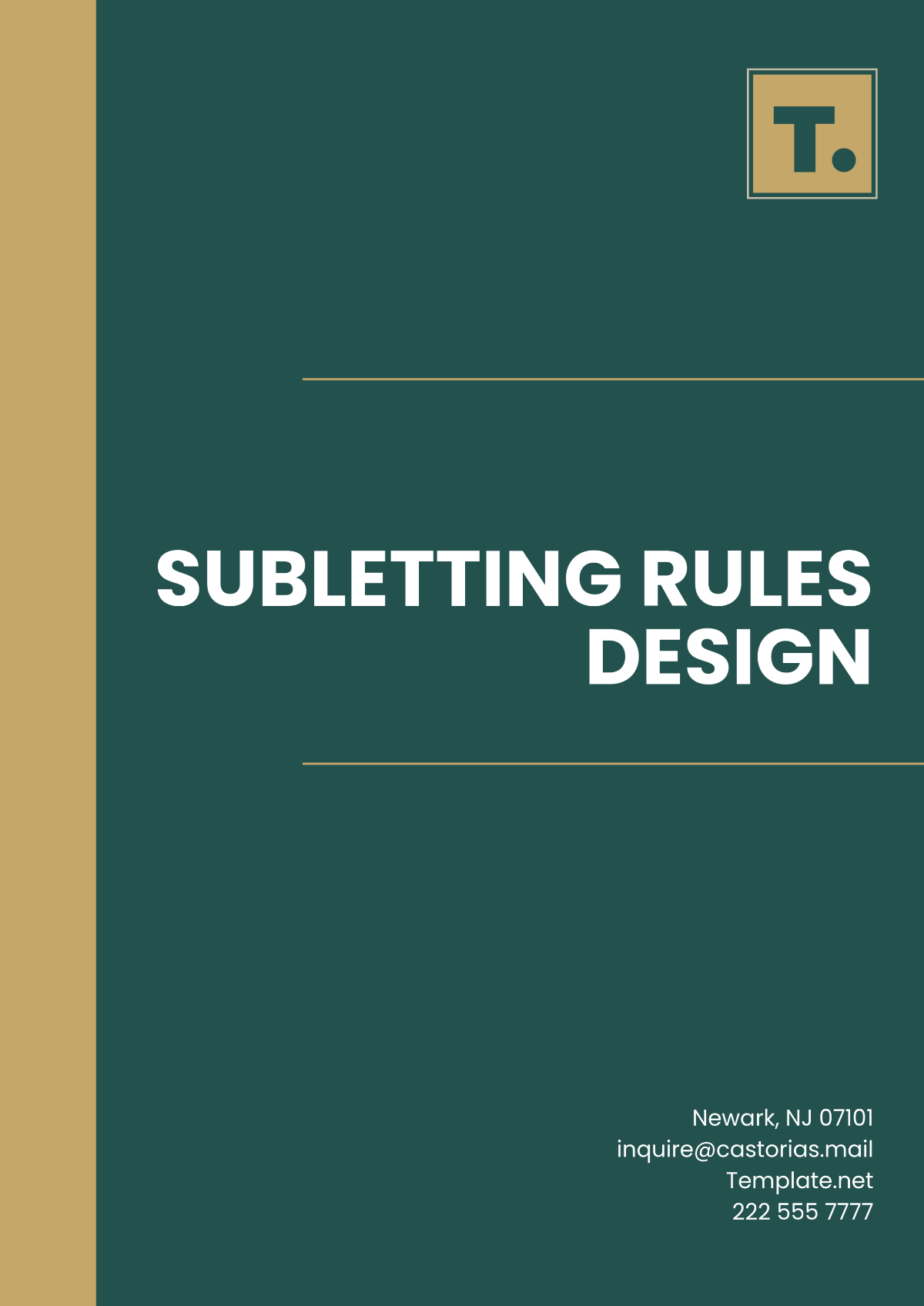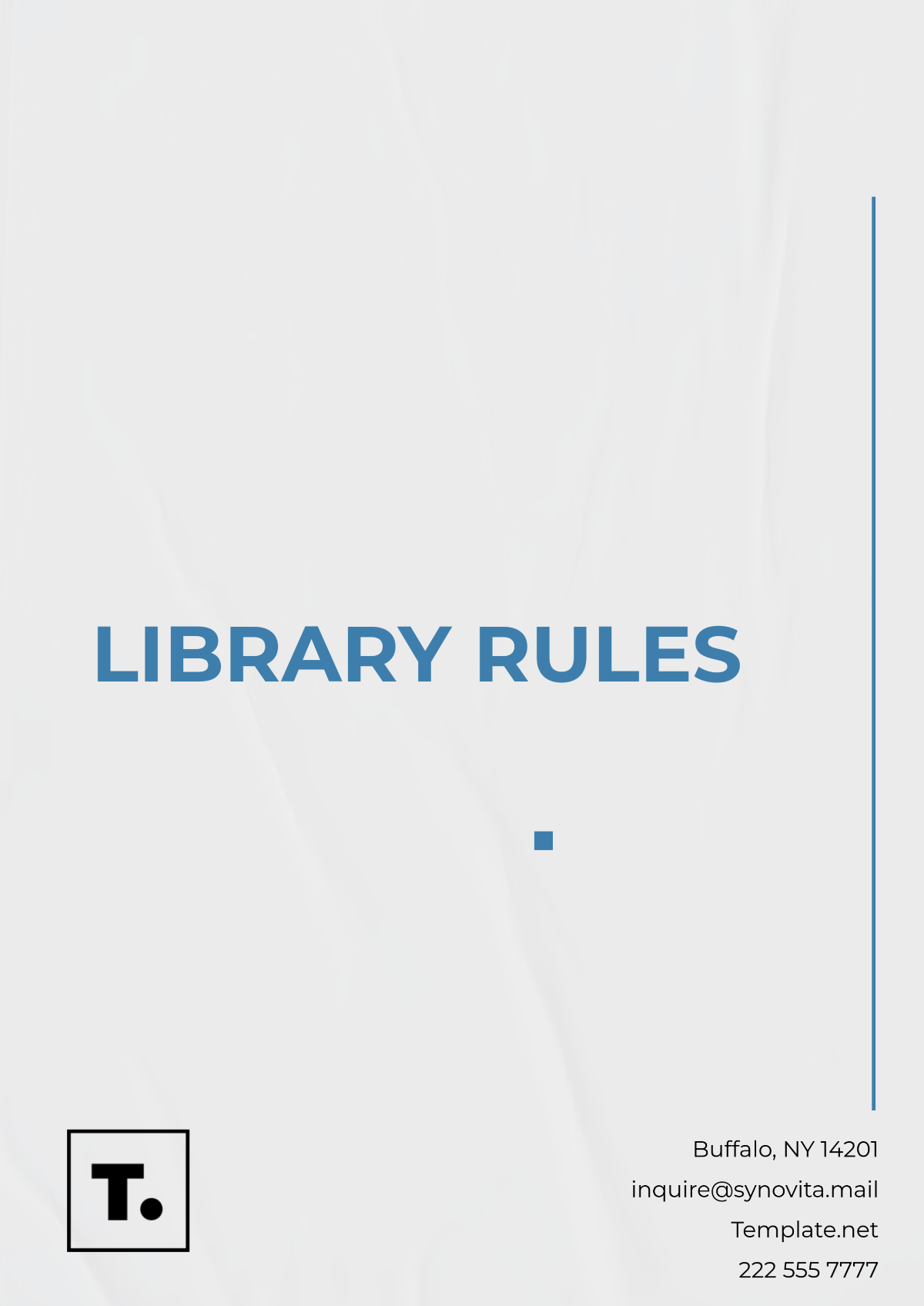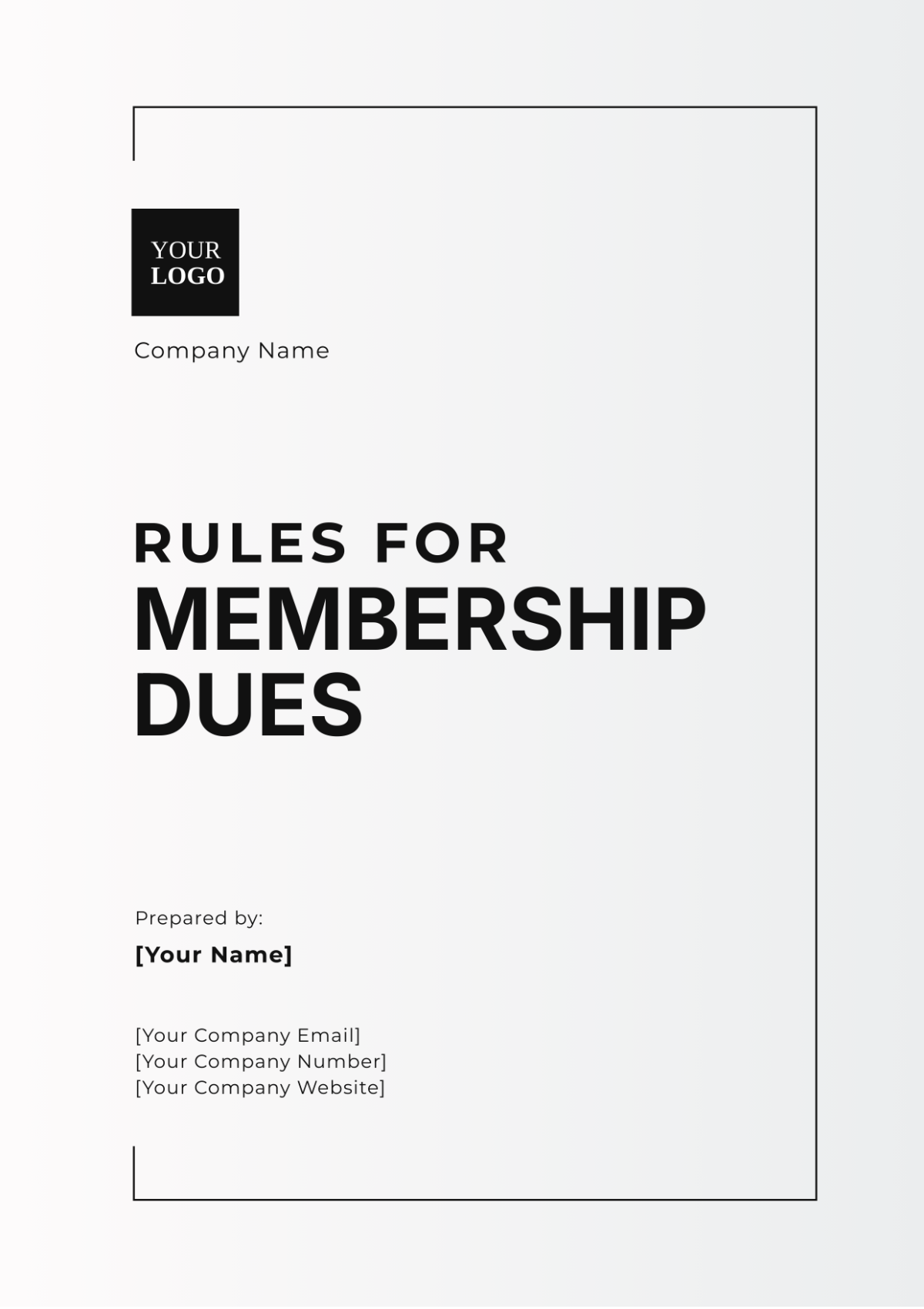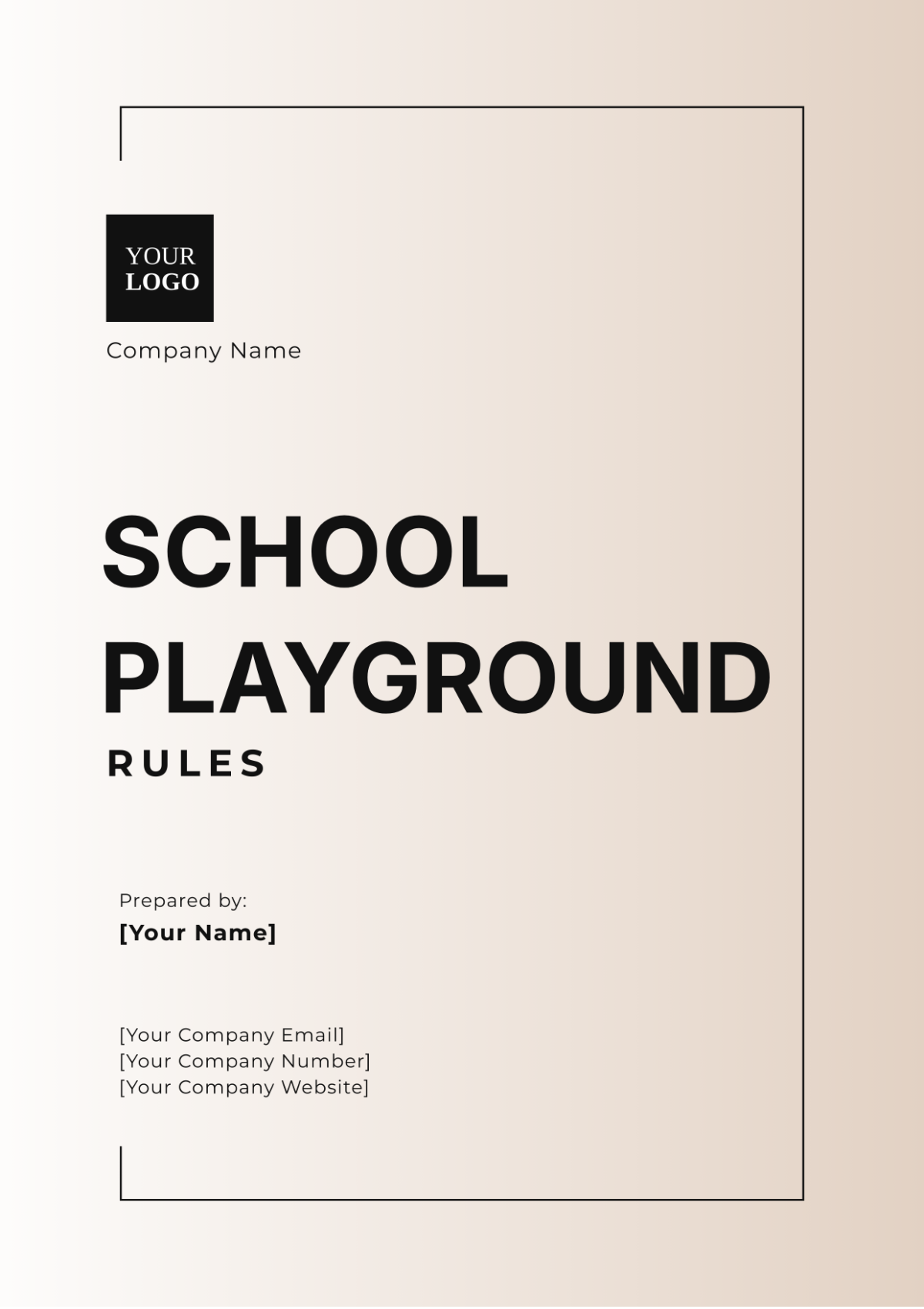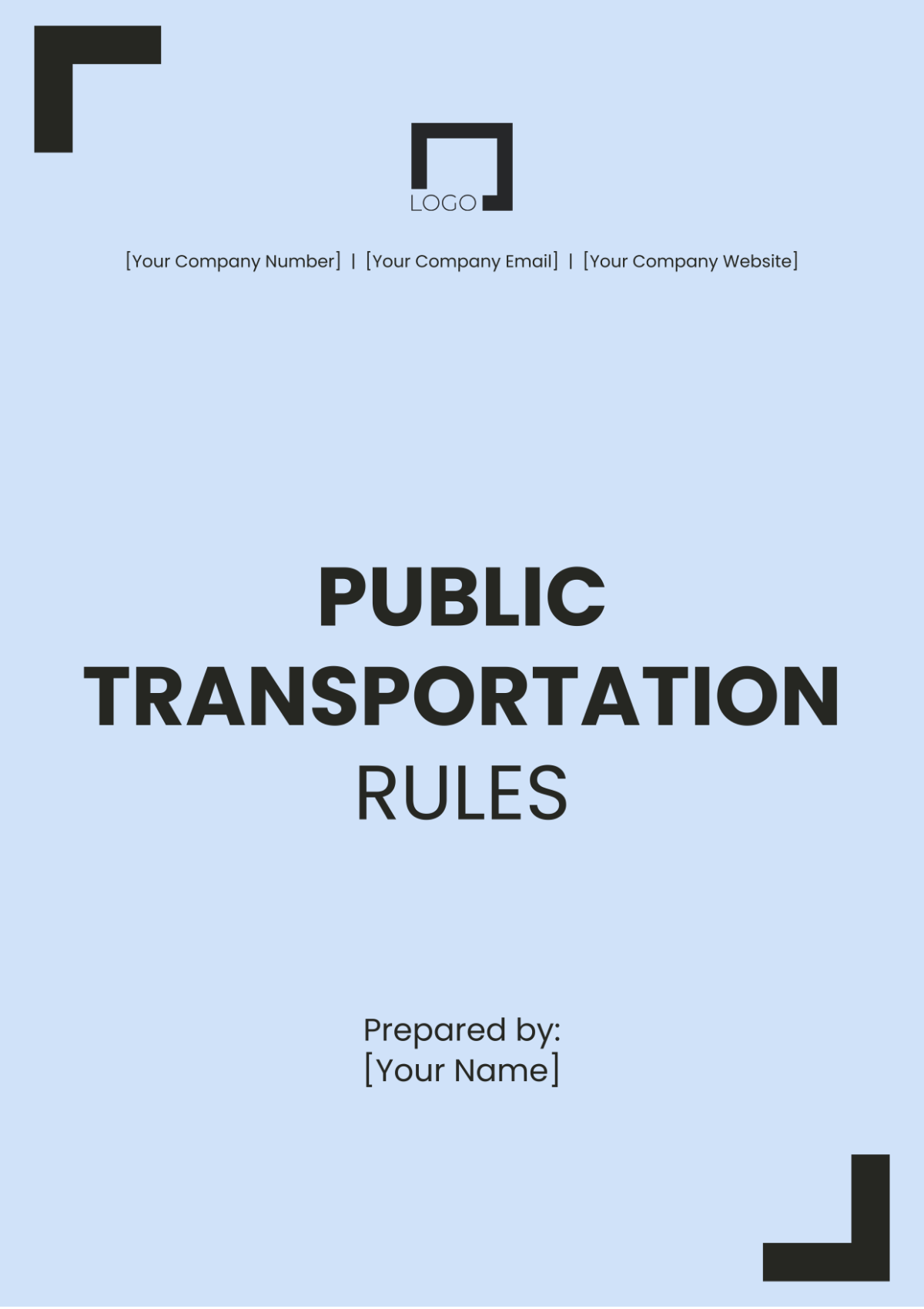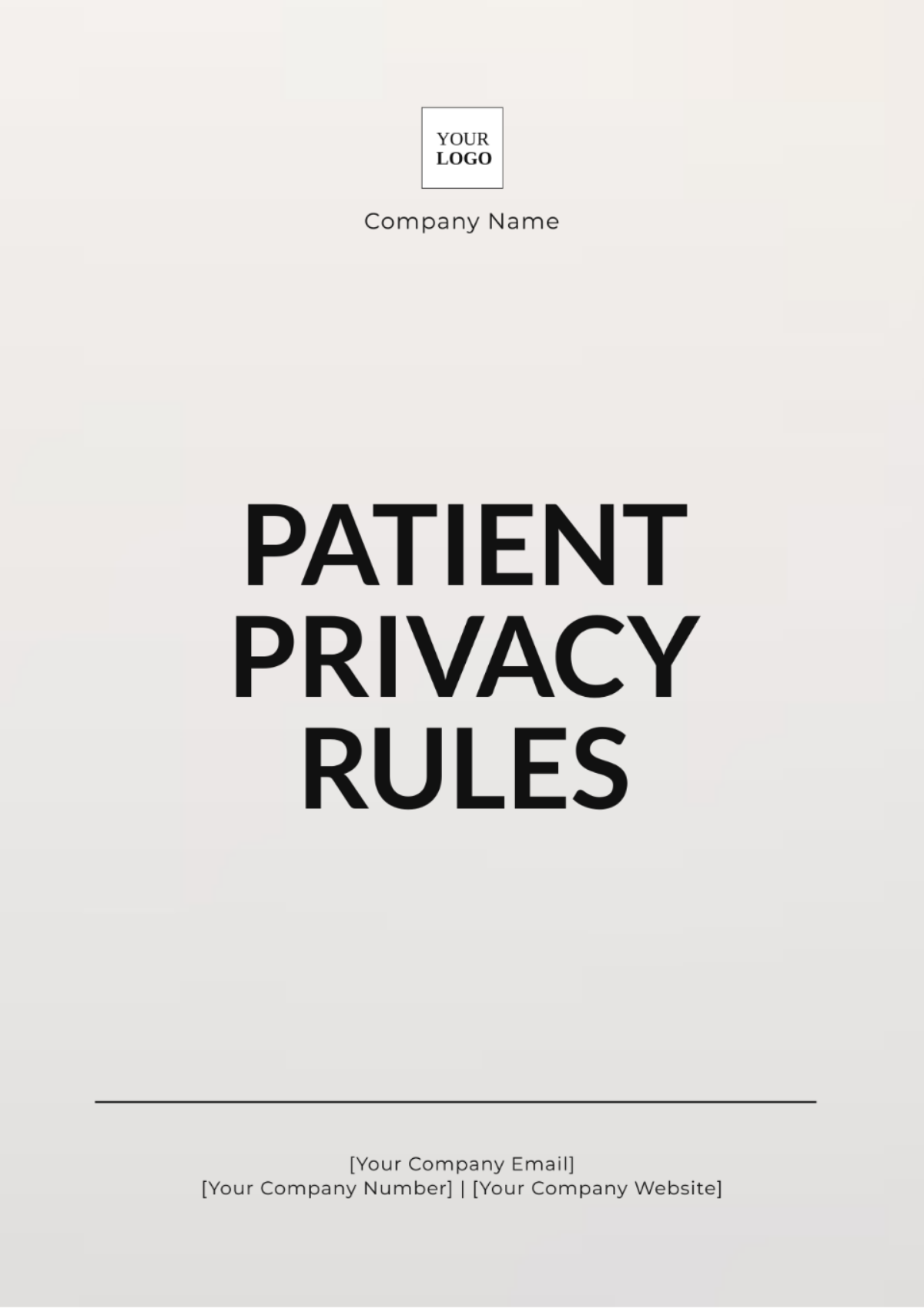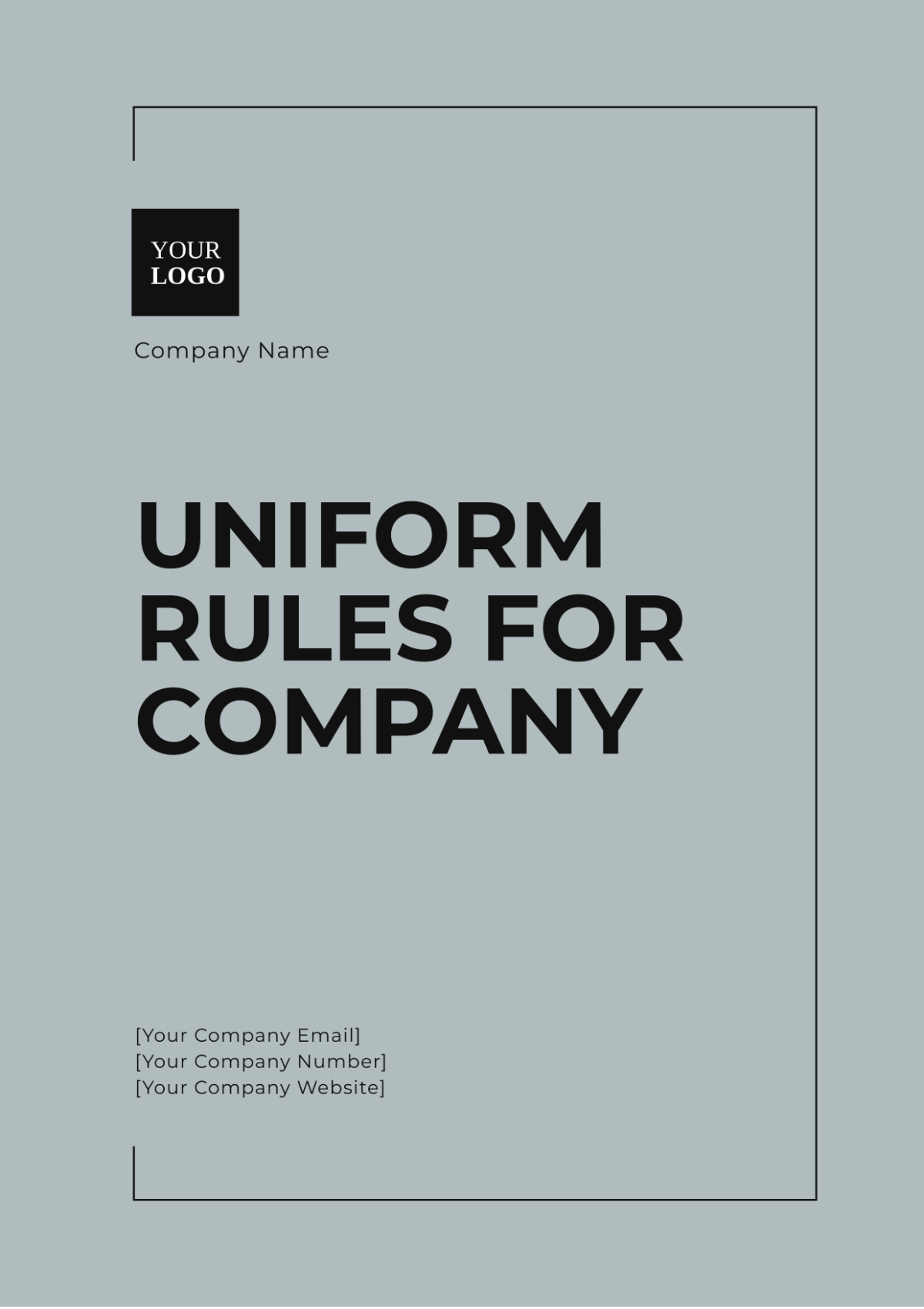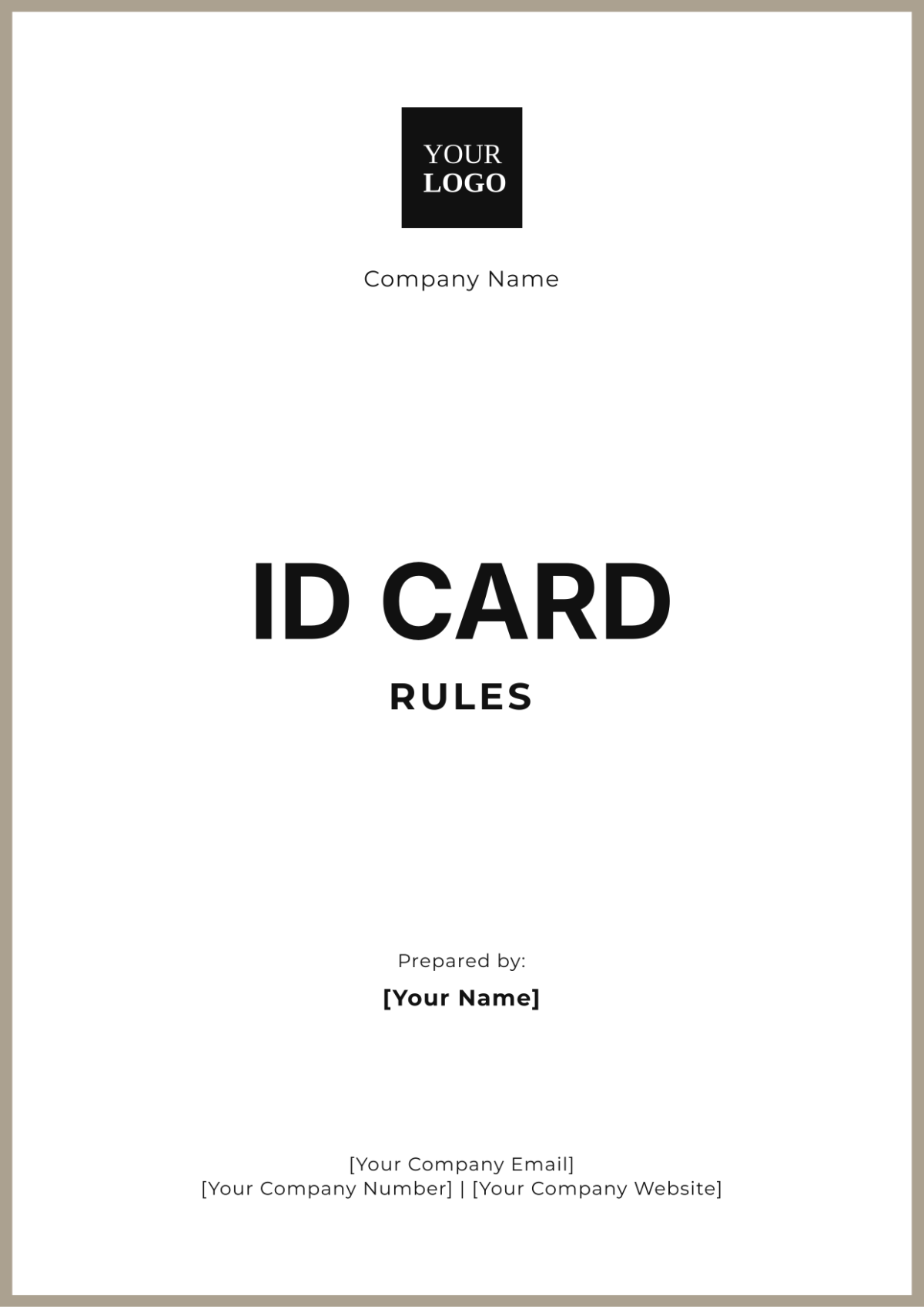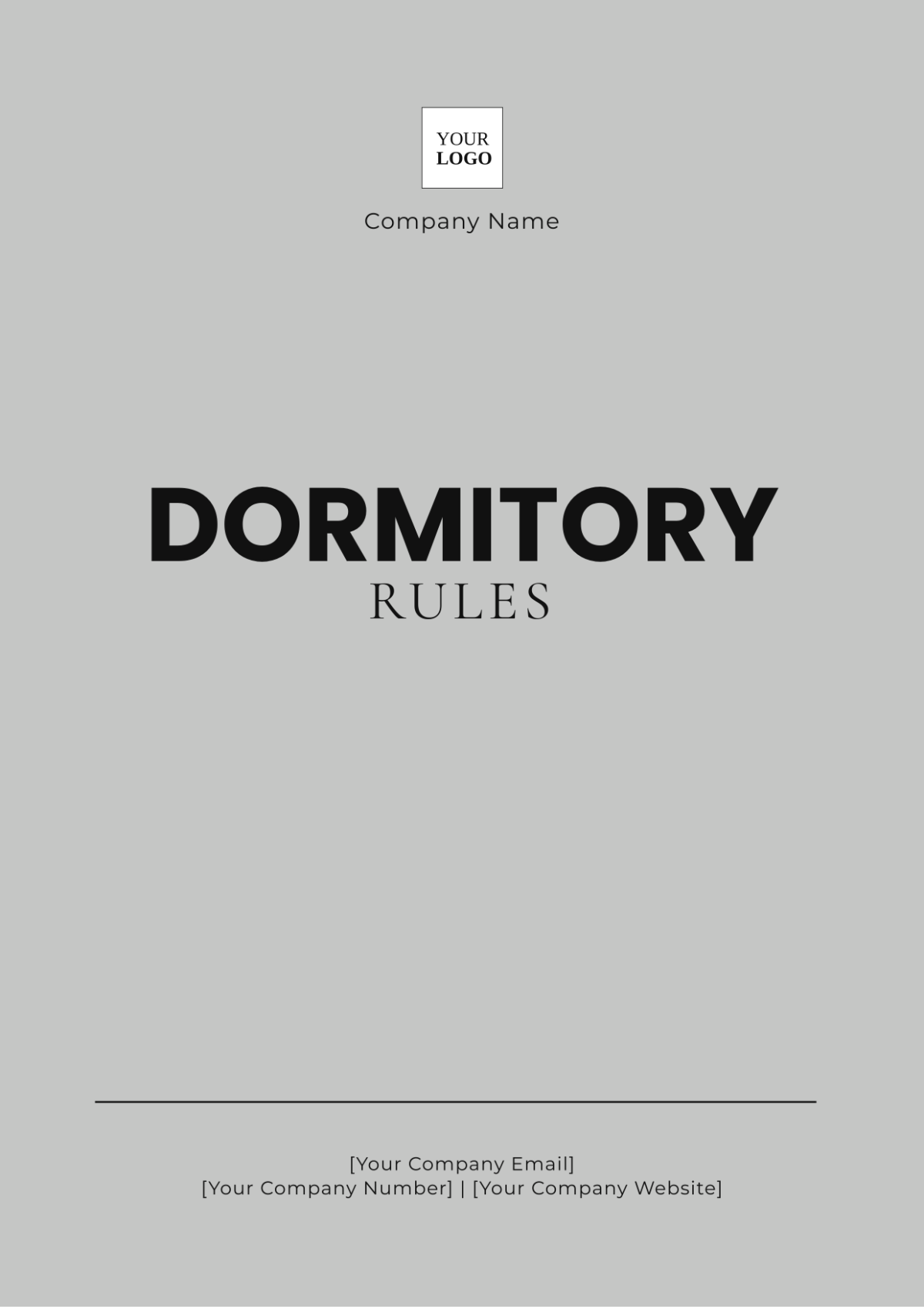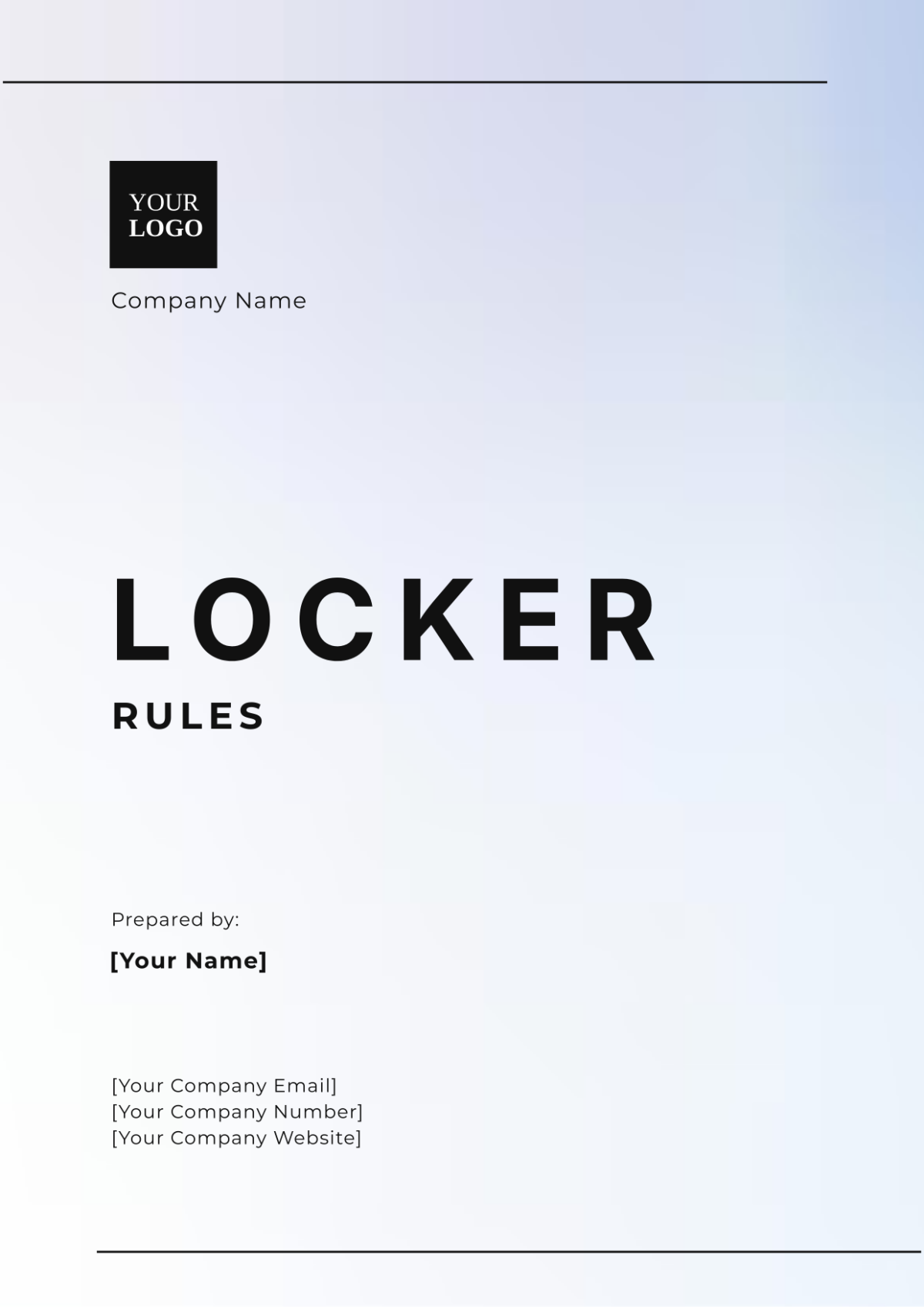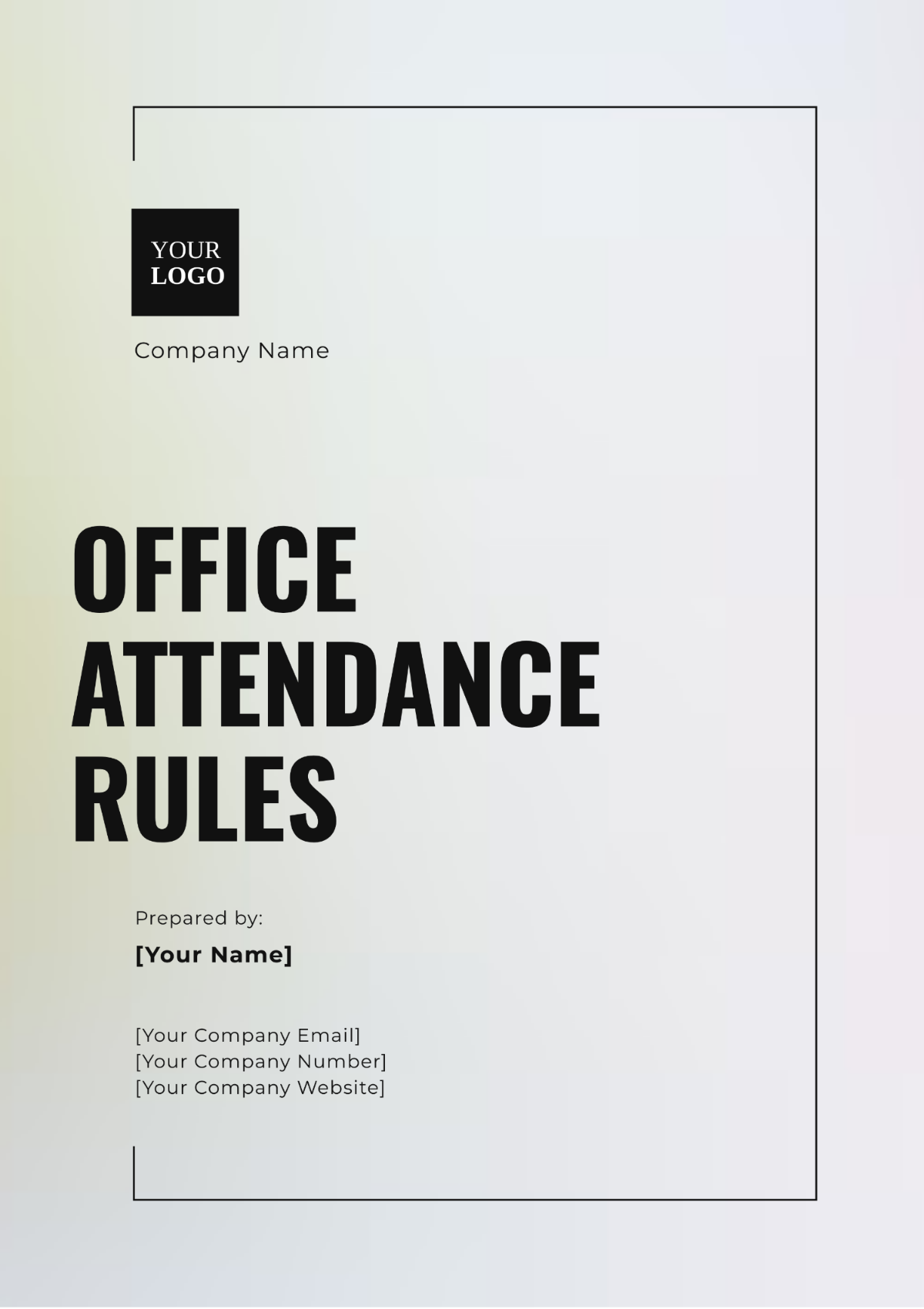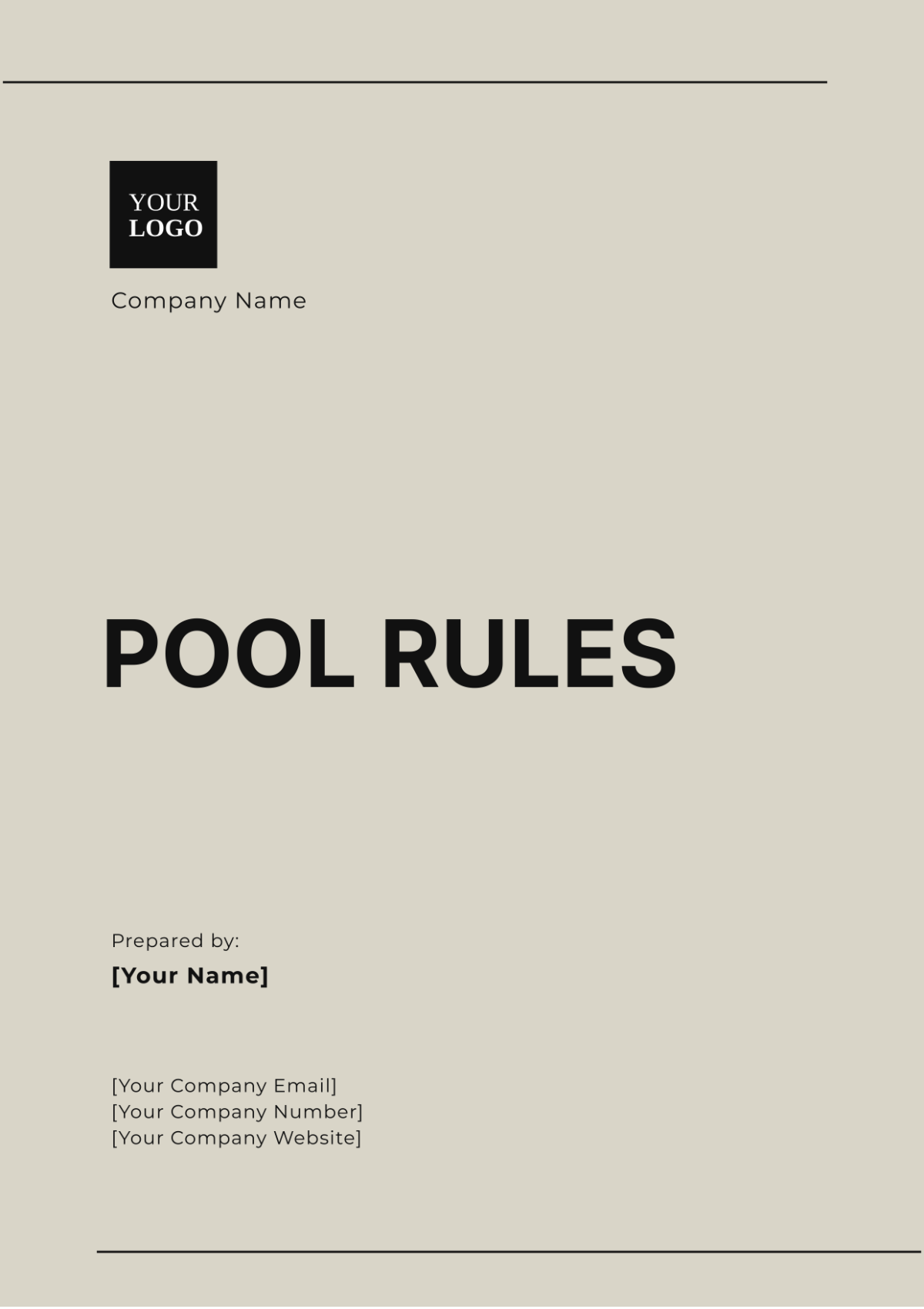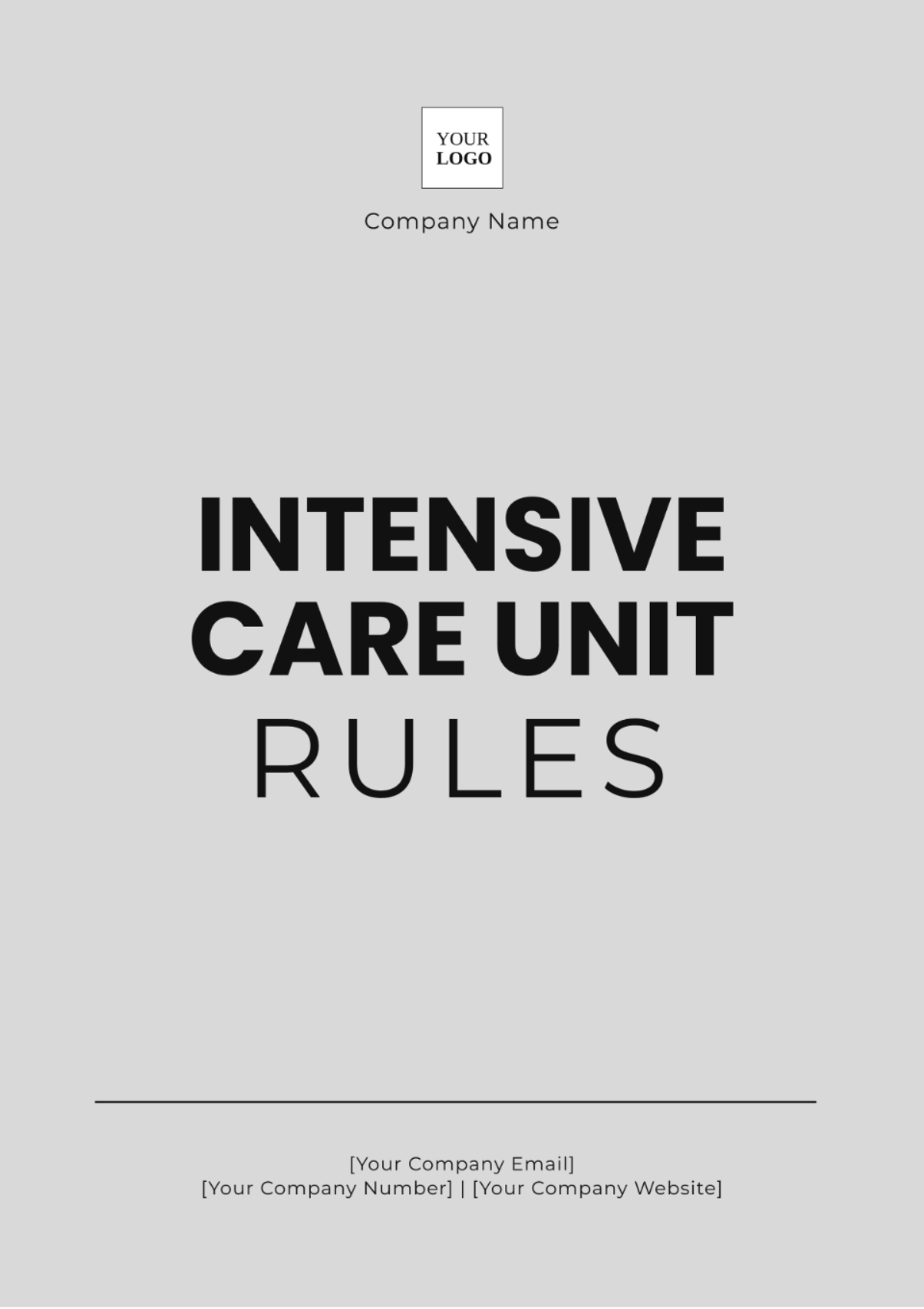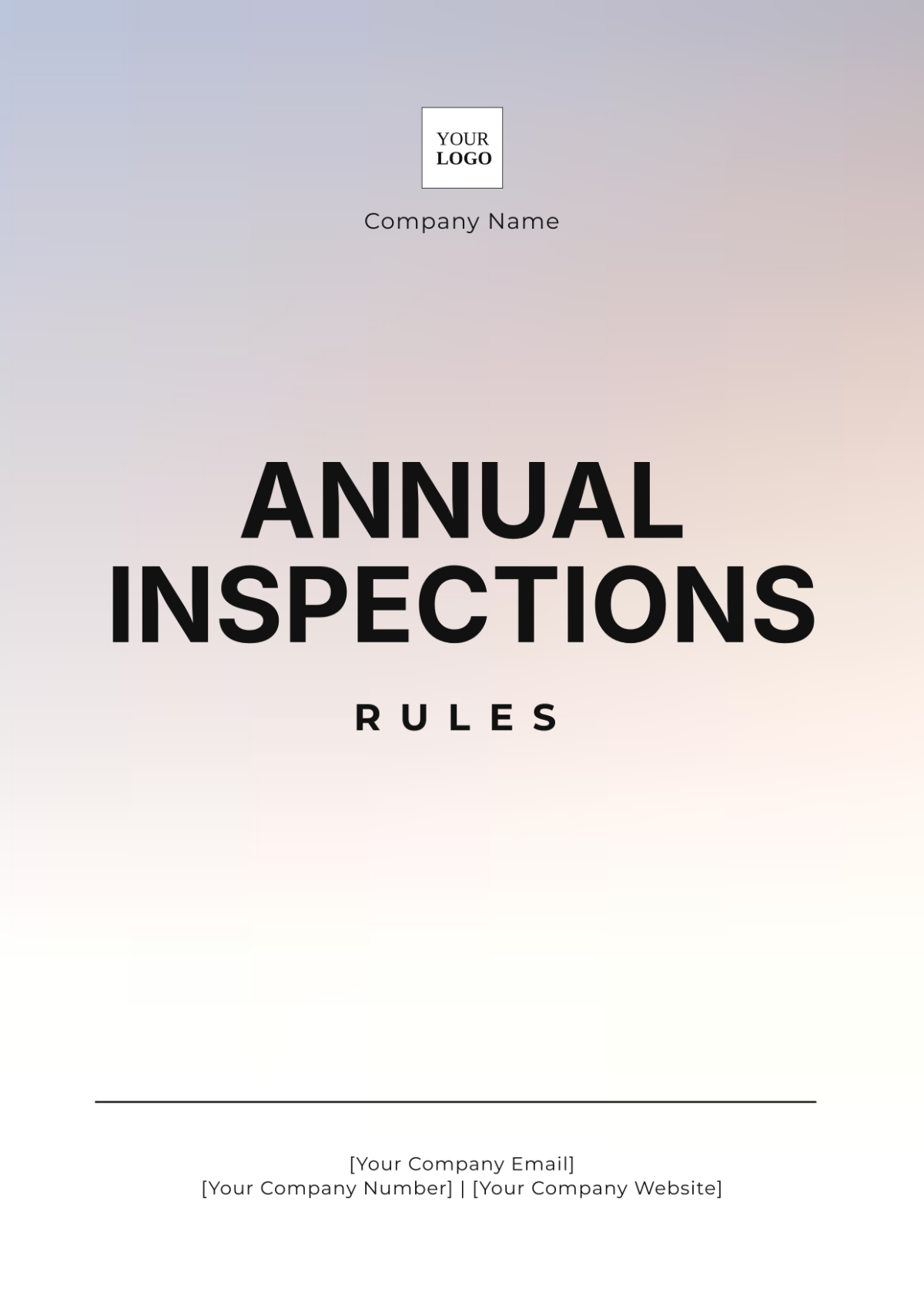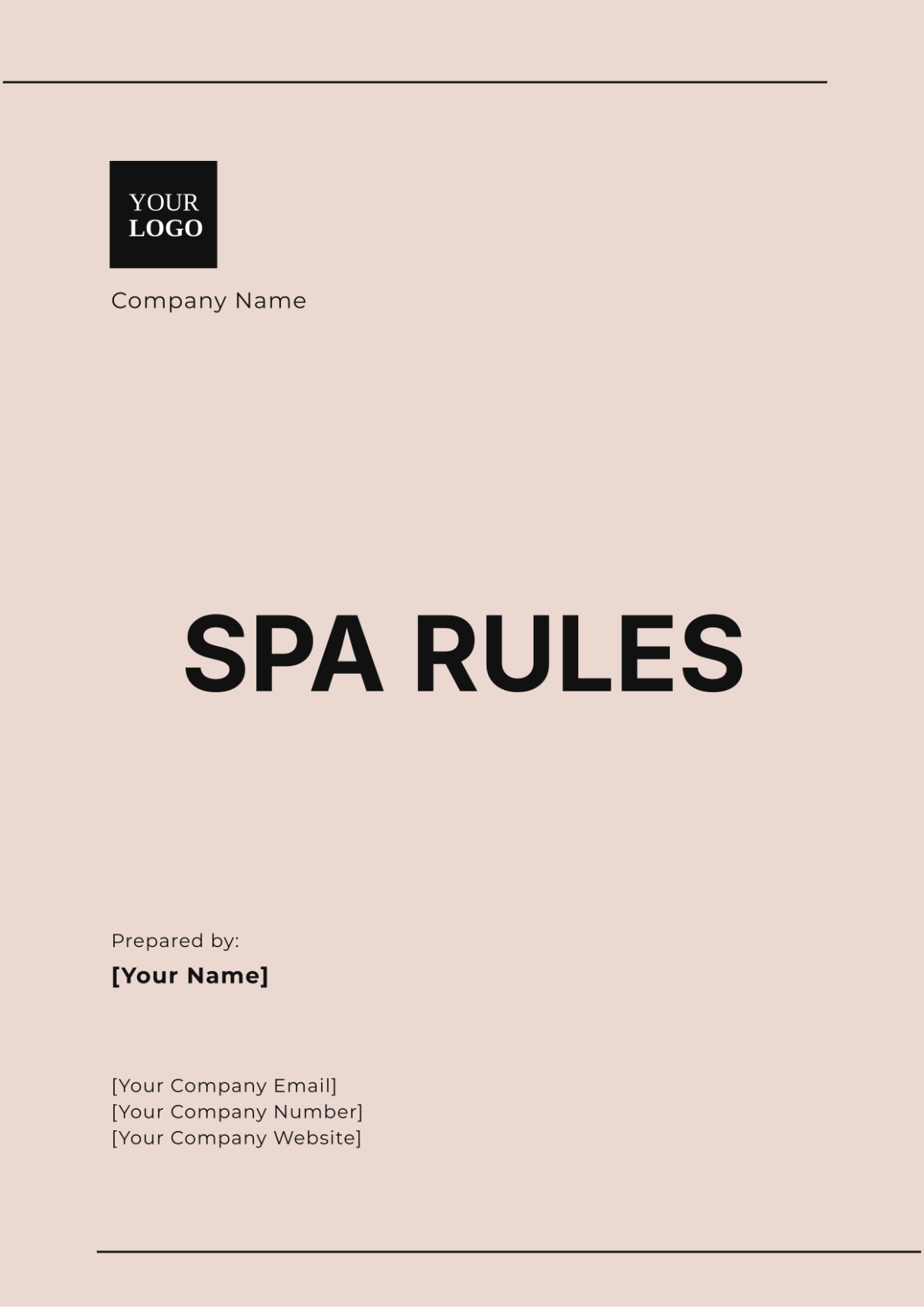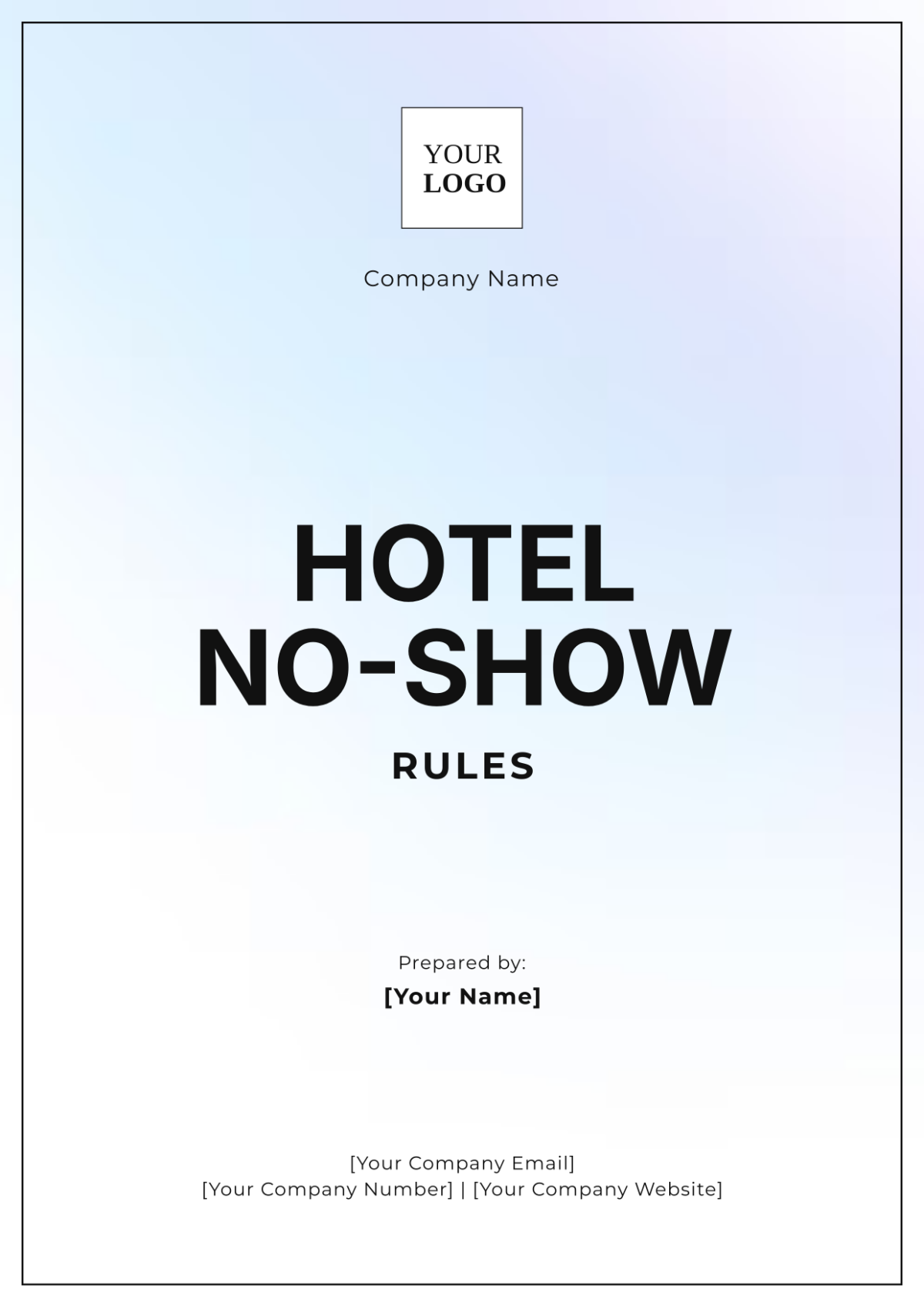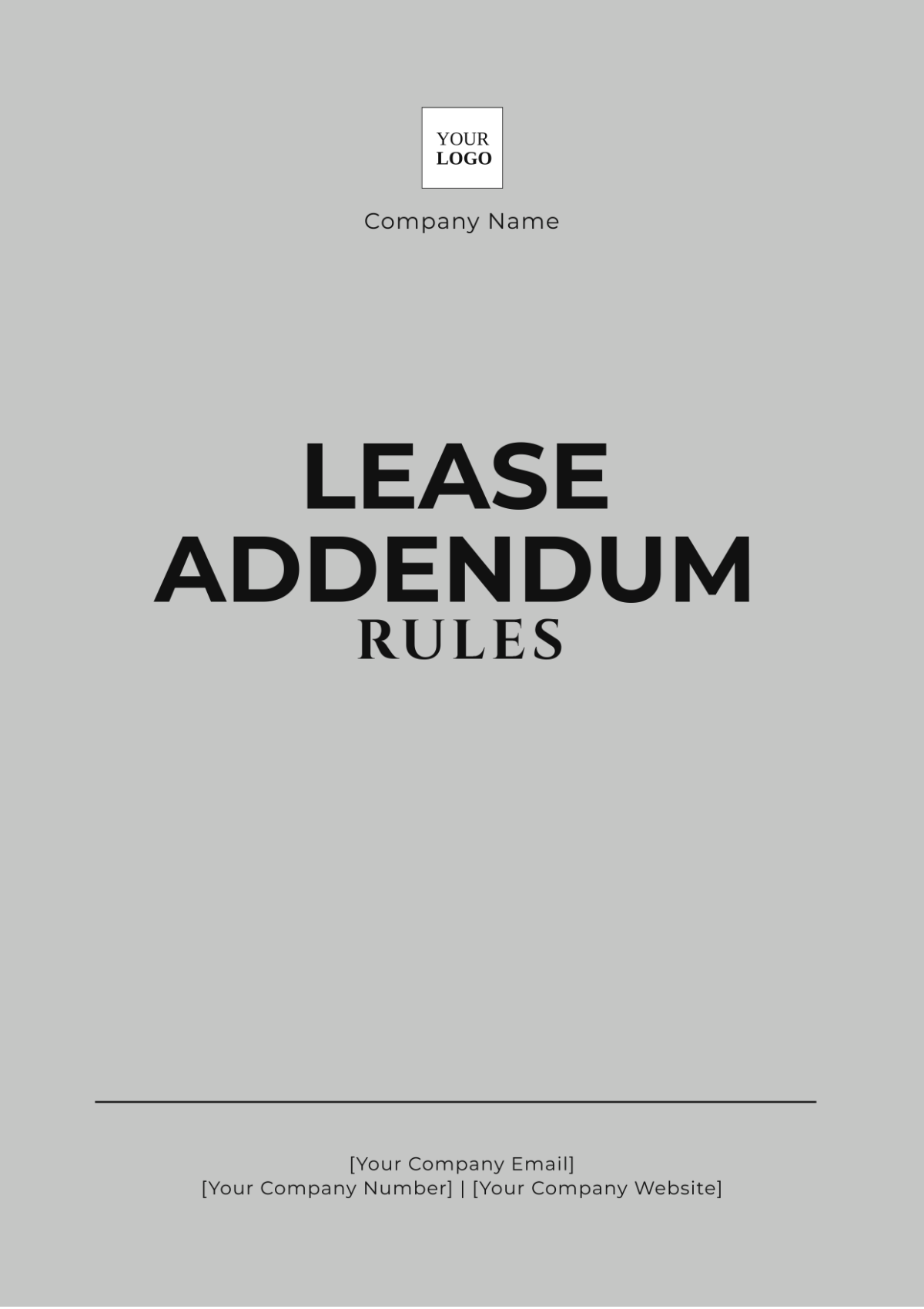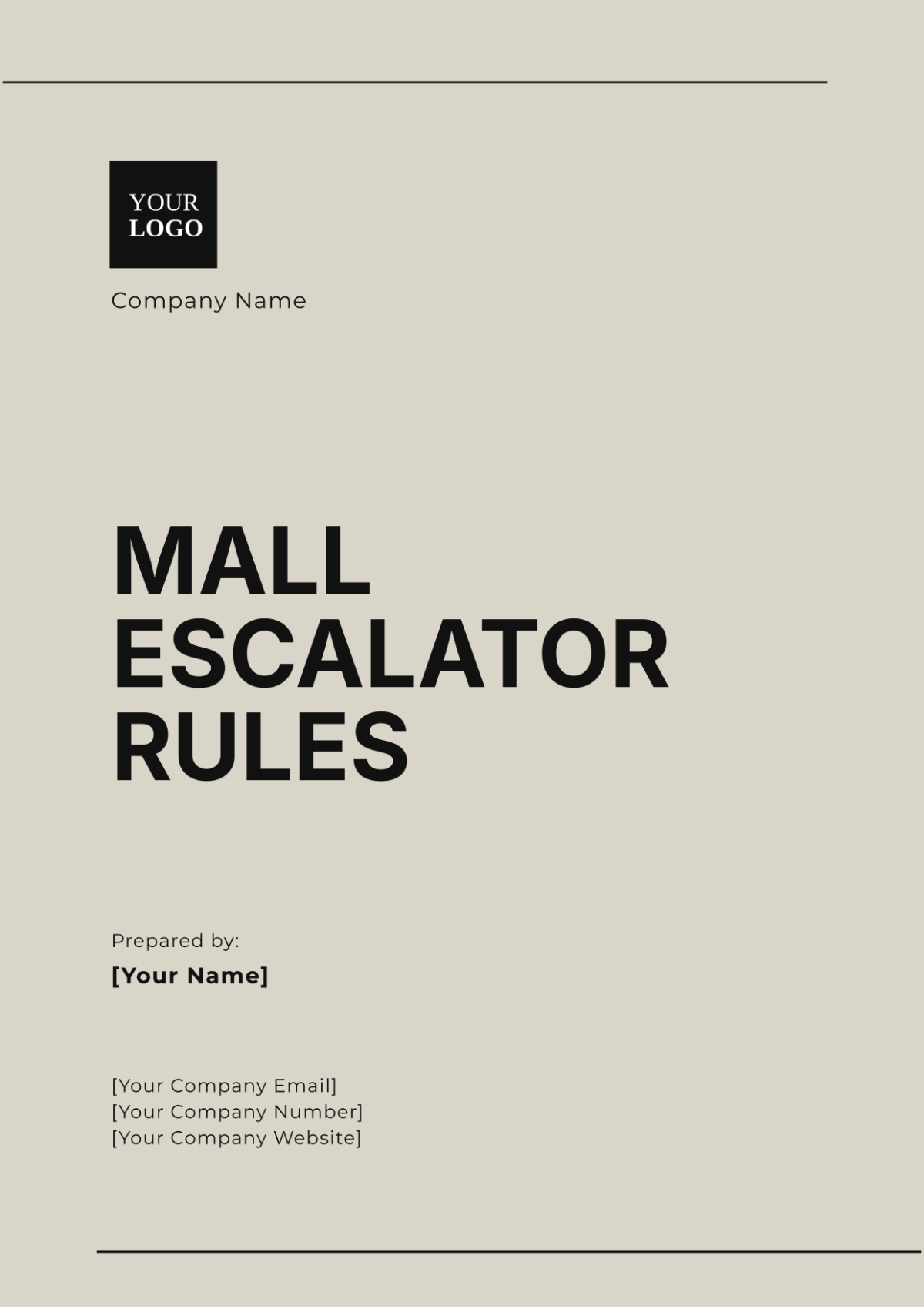Free Rent Payment Methods Rules Template
Rent Payment Methods Rules
Prepared By: [Your Name]
I. General Guidelines
A. Payment Due Date
Due Date: Rent is due on the first day of each month. If the first day falls on a weekend or holiday, check your rental agreement for any specific instructions on how to handle payments on such days.
Advance Payments: Some rental agreements may require advance payments or adjustments; refer to your agreement for such details.
B Late Payment Policy
Penalty Fees: Late payments are subject to a penalty fee. The amount and conditions for this fee, including any grace period (e.g., a 5-day grace period), are detailed in the rental agreement.
Grace Period: A grace period allows for payments to be made without penalty within a specified time frame past the due date.
C. Acceptable Payment Methods
Online Bank Transfer
Direct Debit
Cheque
Cash
II. Online Bank Transfer
A. Instructions
Bank Account Details: Transfer the rent to the bank account specified in your lease agreement. Ensure the bank account details are correct to avoid payment issues.
Payment Description: In the transfer description, include your full name, rental unit number, and the month for which the rent is being paid (e.g., "John Doe, Unit 5, August Rent").
B. Confirmation
Proof of Payment: Save a copy of the transfer confirmation from your bank as proof of payment.
Email Confirmation: If required, email a copy of the confirmation to your landlord or property management. This serves as a record and helps resolve any potential discrepancies.
III. Direct Debit
A. Setting Up Direct Debit
Authorization Form: Complete the direct debit authorization form provided by your landlord or property management. Ensure all information is accurate to avoid errors.
Account Verification: Confirm with your bank that the direct debit setup has been processed and verify the deduction amount and schedule.
B. Notification
Advance Notice: The landlord or property management will notify you in advance of the direct debit schedule and amount.
Confirmation: Confirm receipt of this notification and review the details to ensure correct processing.
IV. Cheque
A. Writing the Cheque
Payee Information: Write the cheque payable to the landlord or the designated payee as specified in your rental agreement.
Memo Line: Note the date, the exact rent amount, and your rental unit number in the memo line to ensure proper crediting.
B. Delivery
Hand Delivery: Deliver the cheque in person to the landlord or property management office during business hours.
Mailing: If mailing, use a reliable service and allow sufficient time for the cheque to arrive before the due date. Consider using registered mail or another traceable method.
V. Cash
A. Direct Payment
In-Person Payment: Hand cash directly to the landlord or an authorized representative. Ensure you receive confirmation of receipt immediately.
B. Receipt
Receipt Details: Request a detailed receipt that includes the amount paid, the date of payment, and the signature of the recipient. This receipt serves as proof of payment and can be crucial for resolving any future disputes.
VI. Miscellaneous Payment Rules
A. Partial Payments
Acceptance of Partial Payments: Partial payments are generally not accepted unless explicitly agreed upon in writing by both parties. Ensure any agreement regarding partial payments is documented in writing.
Consultation: If you anticipate difficulty in making full payments, consult with your landlord in advance to discuss possible arrangements or solutions.
B. Bounced Cheques
Additional Fees: If a cheque bounces due to insufficient funds, you may incur additional fees as outlined in your rental agreement.
Resolution: Promptly address the bounced cheque by paying the full amount owed plus any penalties. Failure to do so could result in legal action or eviction proceedings.
C. Record Keeping
Documentation: Both tenants and landlords should maintain accurate records of all rent payments. This includes saving payment confirmations, receipts, and records of any communication related to payments.
Dispute Resolution: Proper record-keeping is essential for resolving any disputes regarding payment history or discrepancies.
